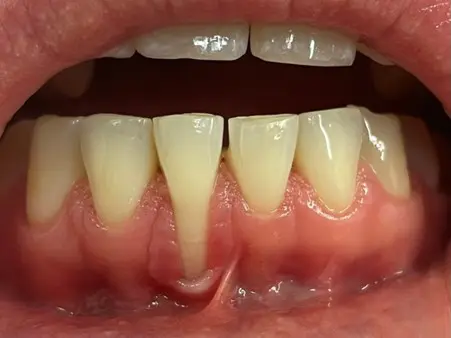
What causes receding gums?
Receding gums are a common dental concern that can affect your smile’s appearance and your oral health. But what exactly causes gums to recede, and why is it important to address? Let’s explore the main reasons behind gum recession and how you can protect your gums.
What Are Receding Gums?
Gum recession happens when the gum tissue surrounding the teeth pulls back or wears away, exposing more of the tooth or its root. This can lead to tooth sensitivity, increased risk of decay, and even tooth loss if left untreated.
Common Causes of Receding Gums
-
Periodontal (Gum) Disease: The primary cause of gum recession is gum disease, an infection of the gums caused by plaque buildup. As the infection progresses, it destroys gum tissue and the bone supporting your teeth.
-
Aggressive Brushing: Brushing your teeth too hard or using a hard-bristled toothbrush can wear down the gums and cause them to recede.
-
Poor Oral Hygiene: Inadequate brushing and flossing lead to plaque and tartar buildup, which irritate gums and can cause recession.
-
Genetics: Some people are more prone to gum recession due to hereditary factors.
-
Hormonal Changes: Fluctuations in hormones, especially in women during pregnancy, menopause, or menstruation, can make gums more sensitive and susceptible to recession.
-
Tobacco Use: Smoking or chewing tobacco damages gum tissue and increases the risk of gum disease.
-
Grinding and Clenching Teeth: Excessive pressure on teeth from grinding or clenching can cause gums to recede.
-
Misaligned Teeth or Bite Issues: Uneven bite forces can place excessive pressure on gums and bone.
-
Piercings: Oral jewelry like lip or tongue piercings can rub against gums and cause irritation and recession.
How to Prevent Gum Recession
-
Practice gentle, proper brushing with a soft-bristled toothbrush.
-
Maintain good oral hygiene by brushing twice daily and flossing daily.
-
Visit your dentist regularly for cleanings and checkups.
-
Avoid tobacco products.
-
Use a mouthguard if you grind your teeth.
-
Address bite issues with your dentist or orthodontist.
When to See a Dentist
If you notice that your gums are pulling away, teeth look longer, or you experience sensitivity, it’s time to see your dentist. Early intervention can prevent further damage and may include treatments like deep cleaning, medication, or gum grafting.
Final Thoughts
Receding gums are often a sign of underlying oral health issues that shouldn’t be ignored. Understanding the causes and taking proactive steps can help you maintain healthy gums and a beautiful smile for years to come.
Tag: doctor, medicinePopular Posts
-

-

How often should I visit the dentist?
05 Jun, 2025 -
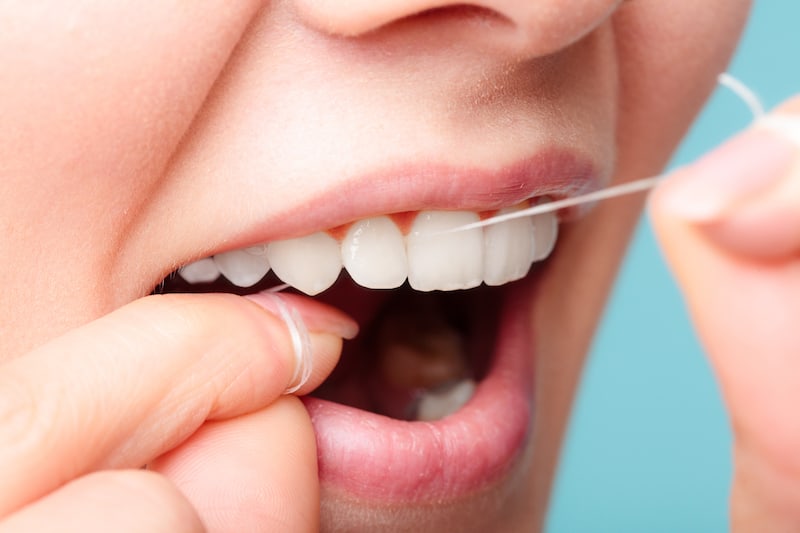
-

-
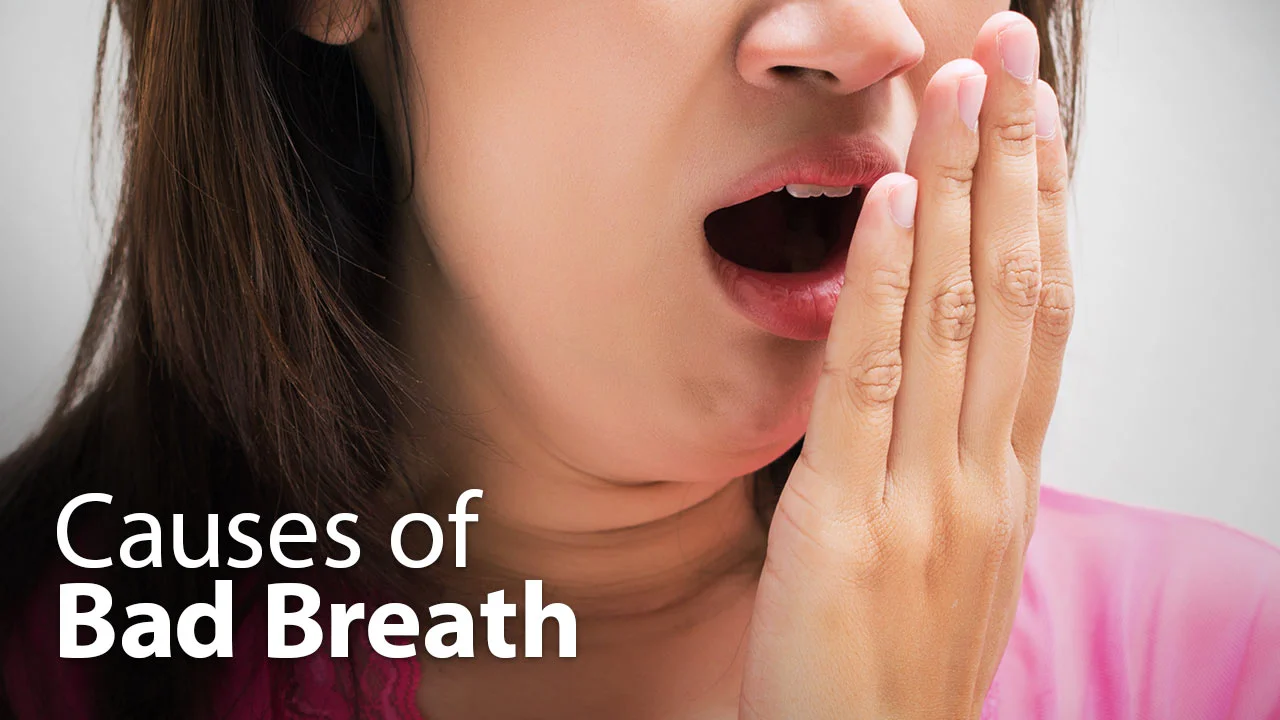
What are the most common causes of bad breath?
05 Jun, 2025 -
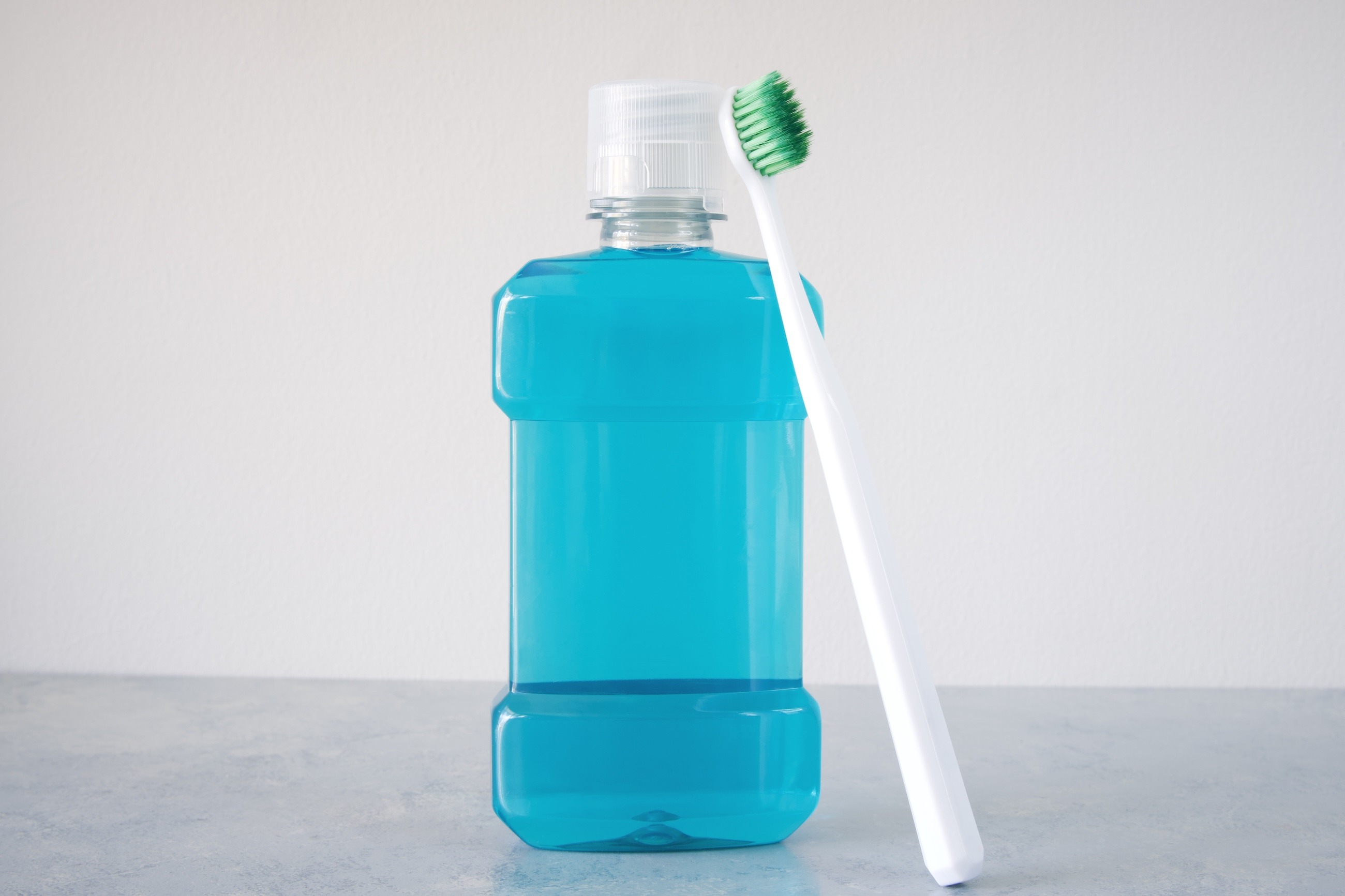
Is mouthwash necessary, or is brushing enough?
05 Jun, 2025 -
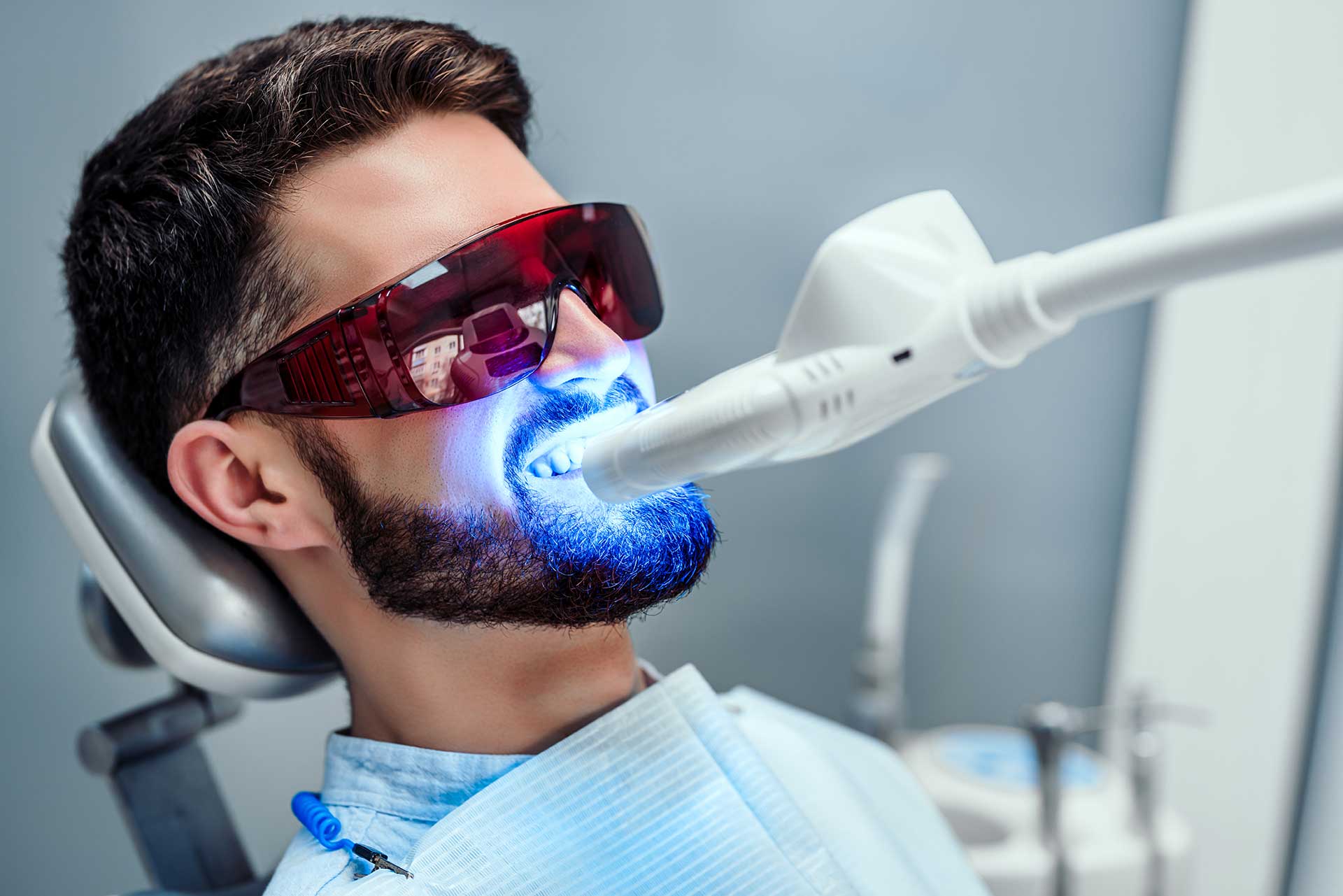
Is teeth whitening safe?
05 Jun, 2025 -
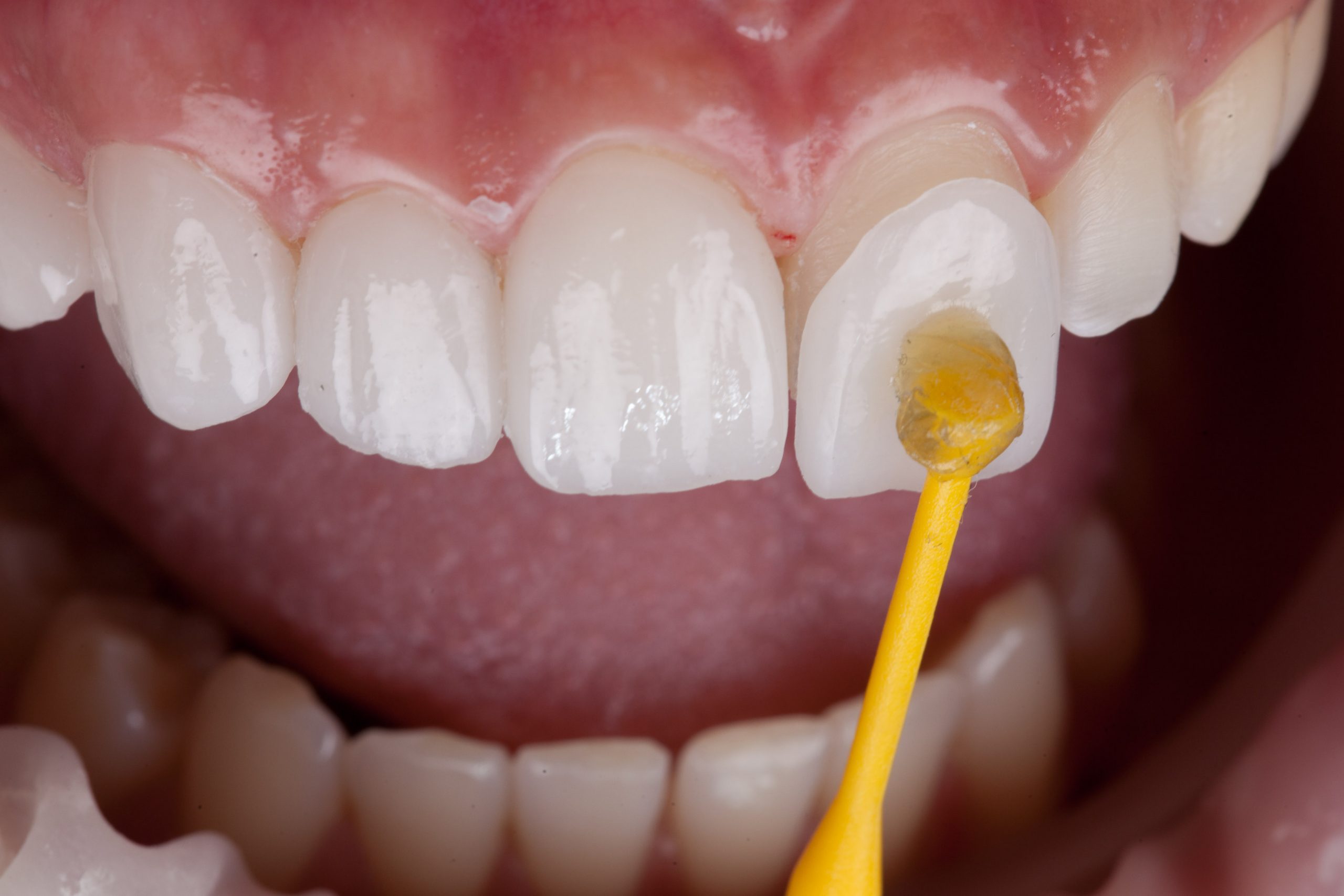
What are dental veneers, and how do they work?
05 Jun, 2025 -
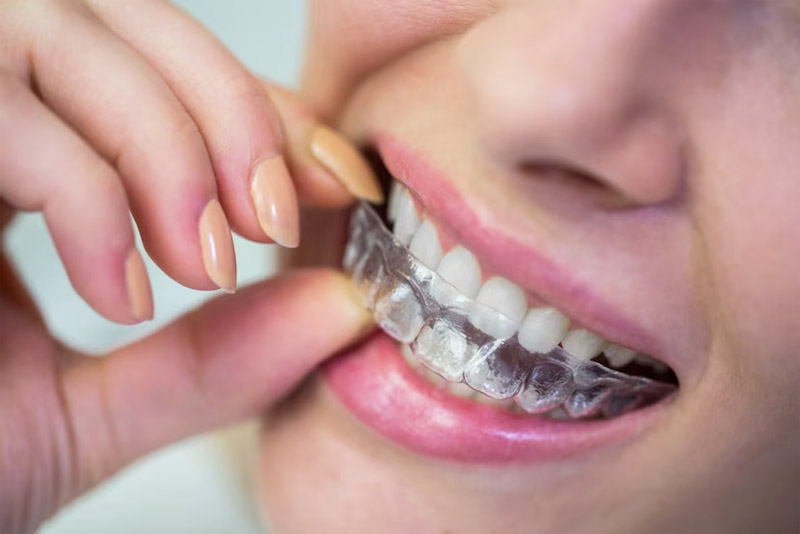
What's the difference between braces and Invisalign?
05 Jun, 2025 -

-
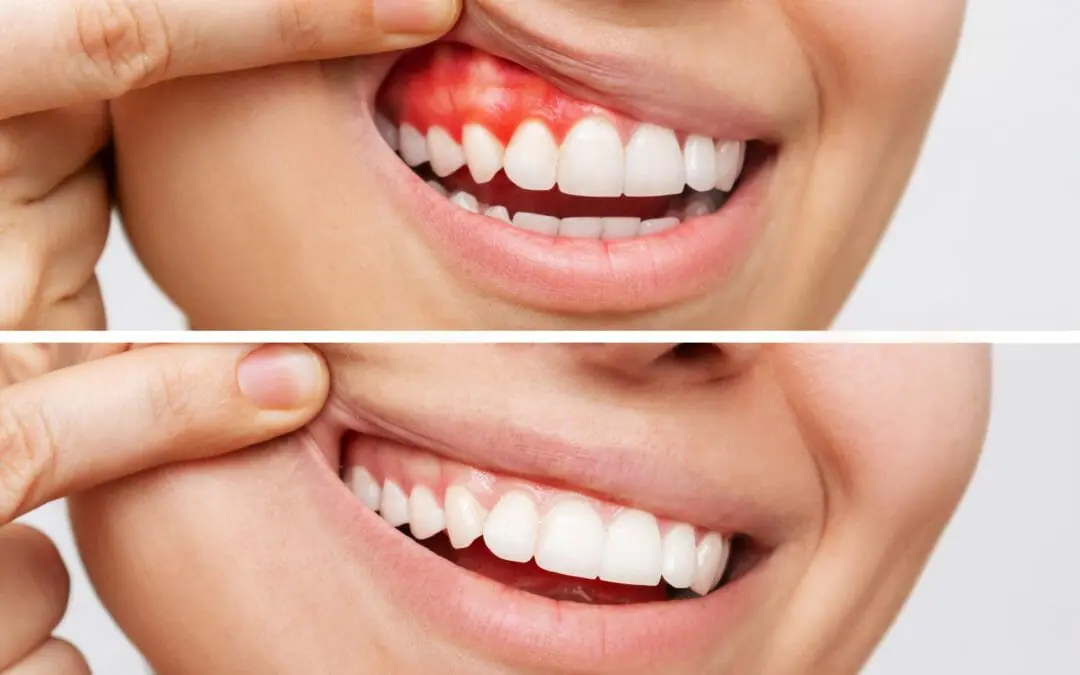
Can gum disease be reversed?
05 Jun, 2025 -
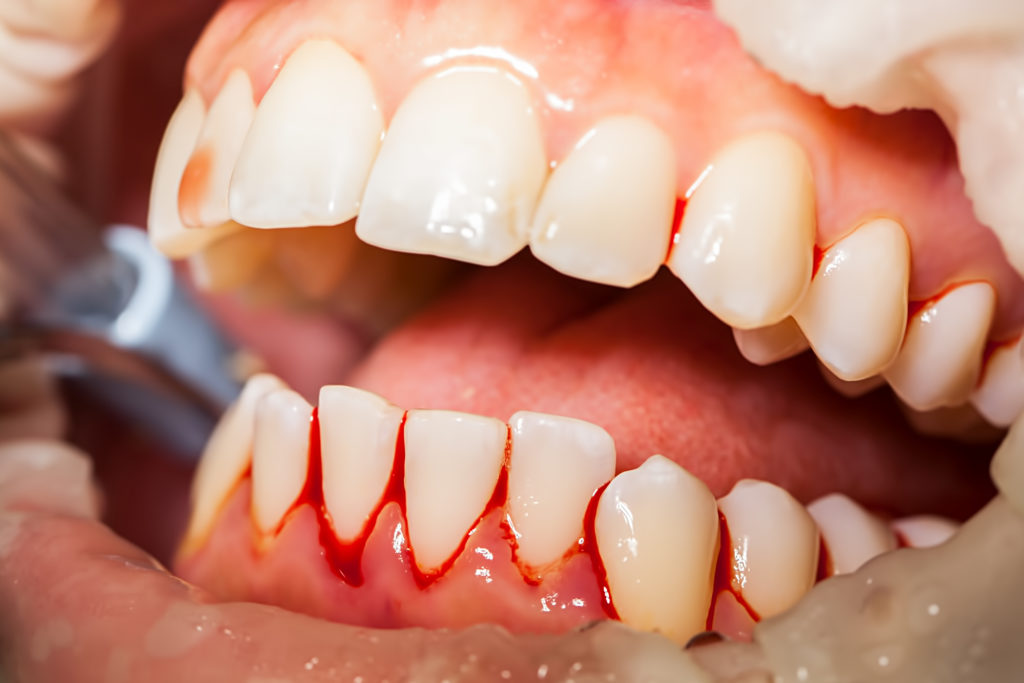
Why do my gums bleed when I brush or floss?
05 Jun, 2025 -

What causes tooth sensitivity?
05 Jun, 2025 -
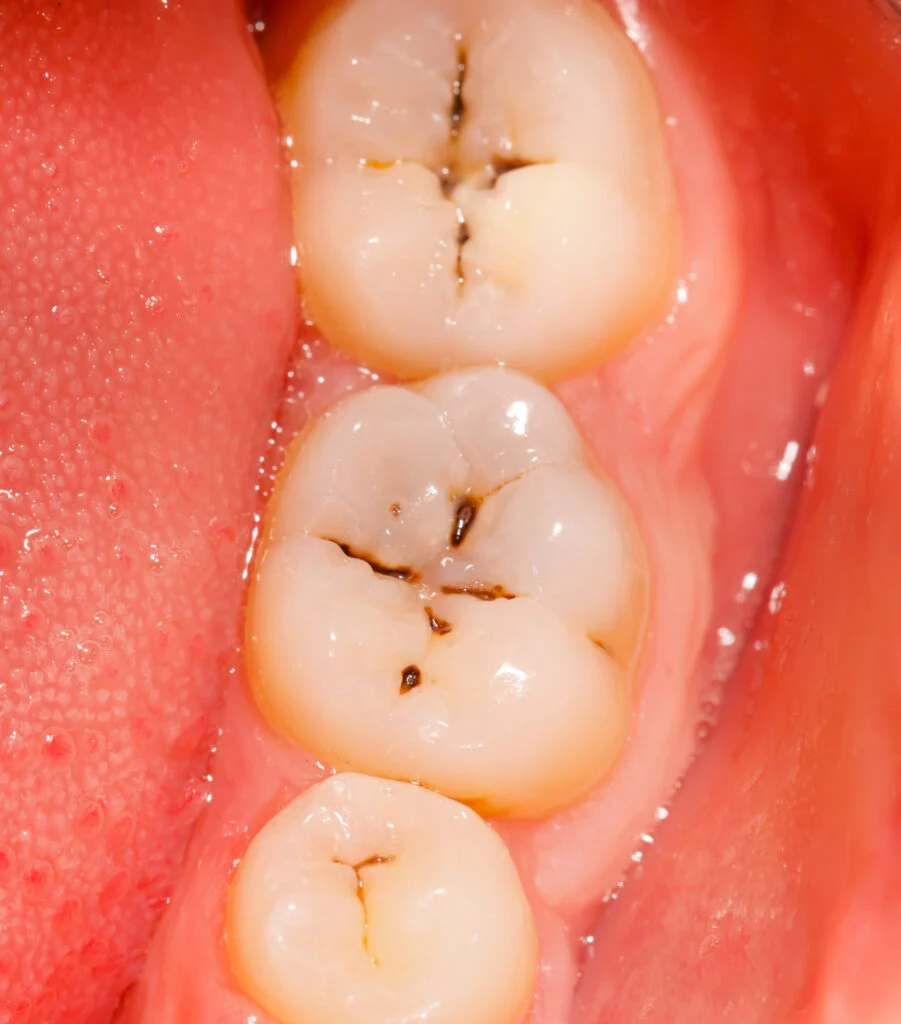
What happens if I ignore a cavity?
05 Jun, 2025 -
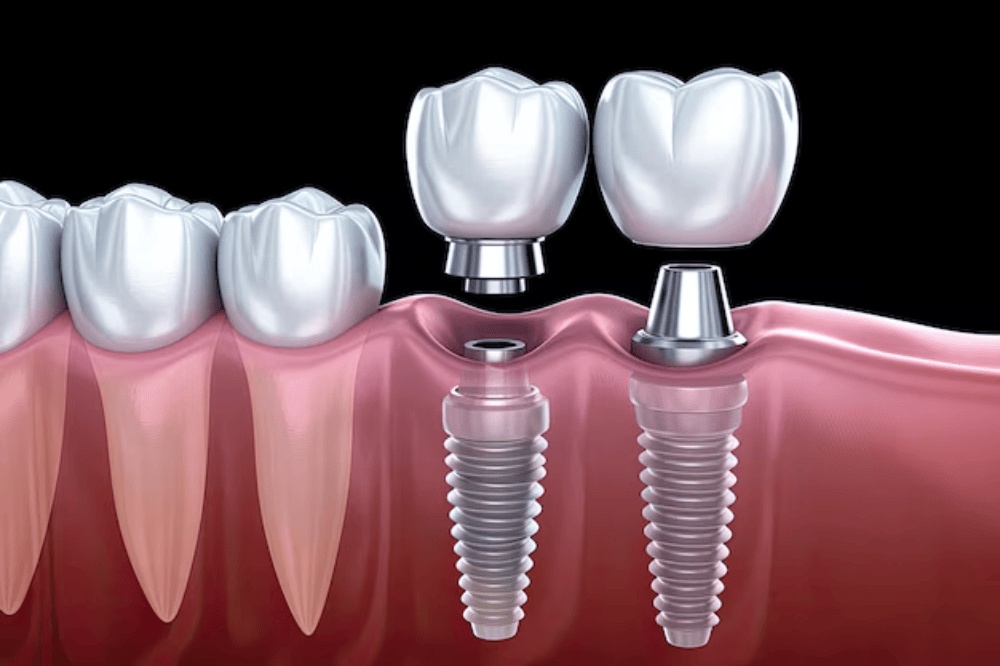
What is a dental implant, and how does it work?
05 Jun, 2025 -
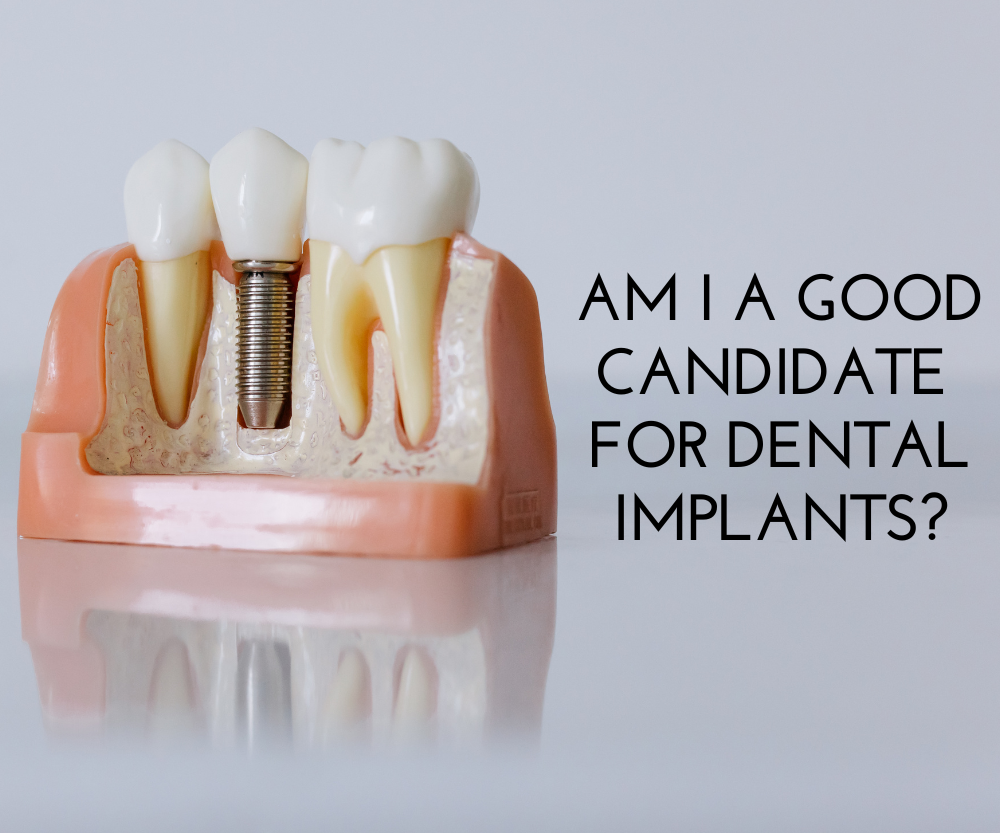
Am I a good candidate for dental implants?
05 Jun, 2025 -
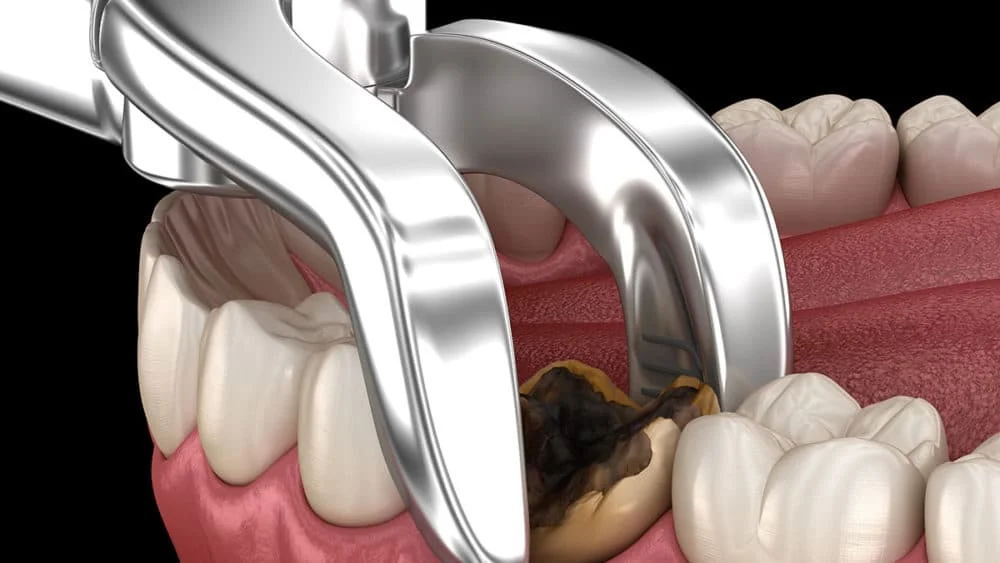
What should I expect after a tooth extraction?
05 Jun, 2025 -
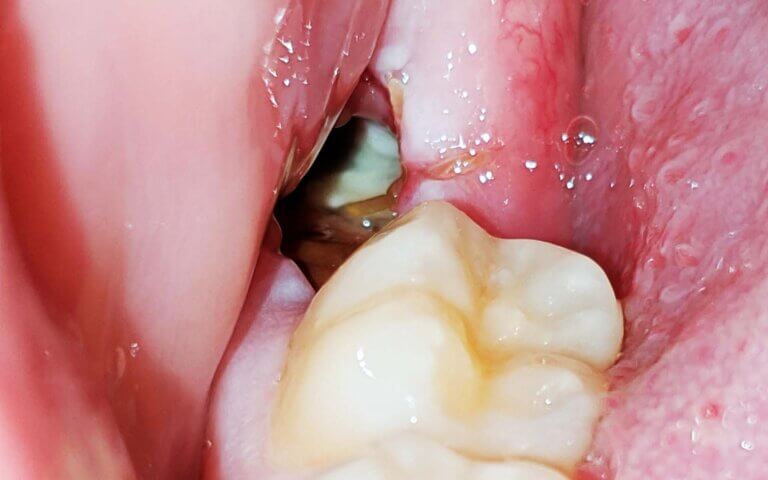
What is dry socket, and how can I prevent it?
05 Jun, 2025 -
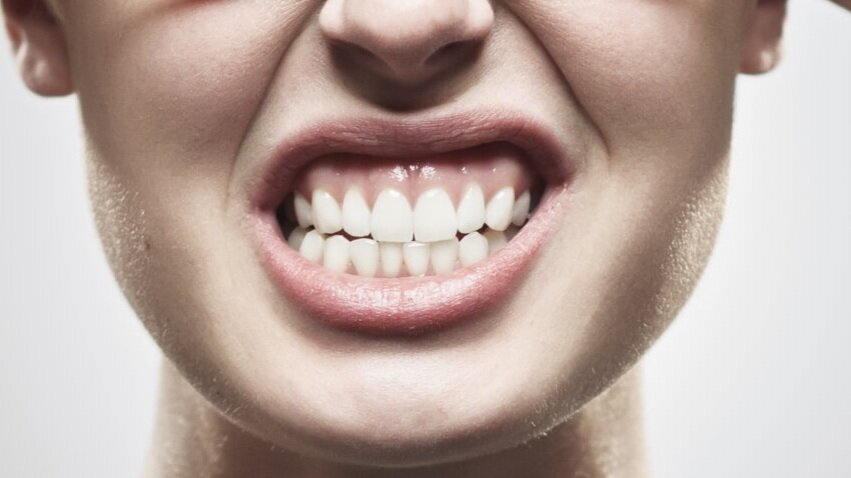
What is bruxism, and how is it treated?
05 Jun, 2025 -

Is it safe to visit the dentist during pregnancy?
05 Jun, 2025 -
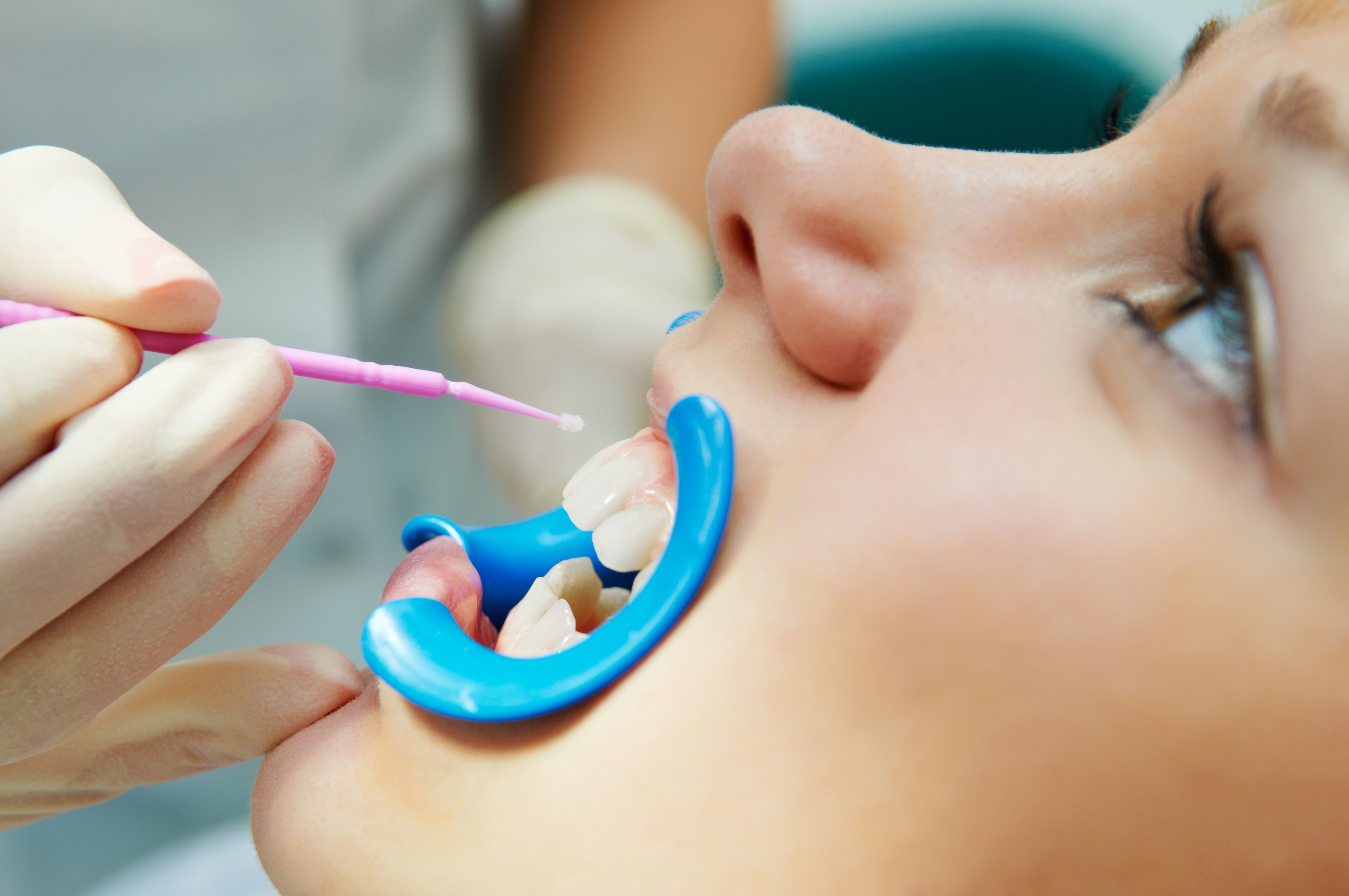
What is fluoride, and is it safe?
05 Jun, 2025 -
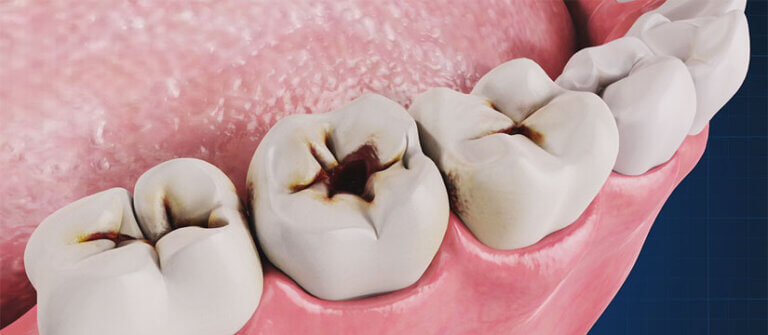
-

How does diet affect my oral health?
05 Jun, 2025 -

Why do my teeth hurt when I eat cold or hot foods?
05 Jun, 2025 -
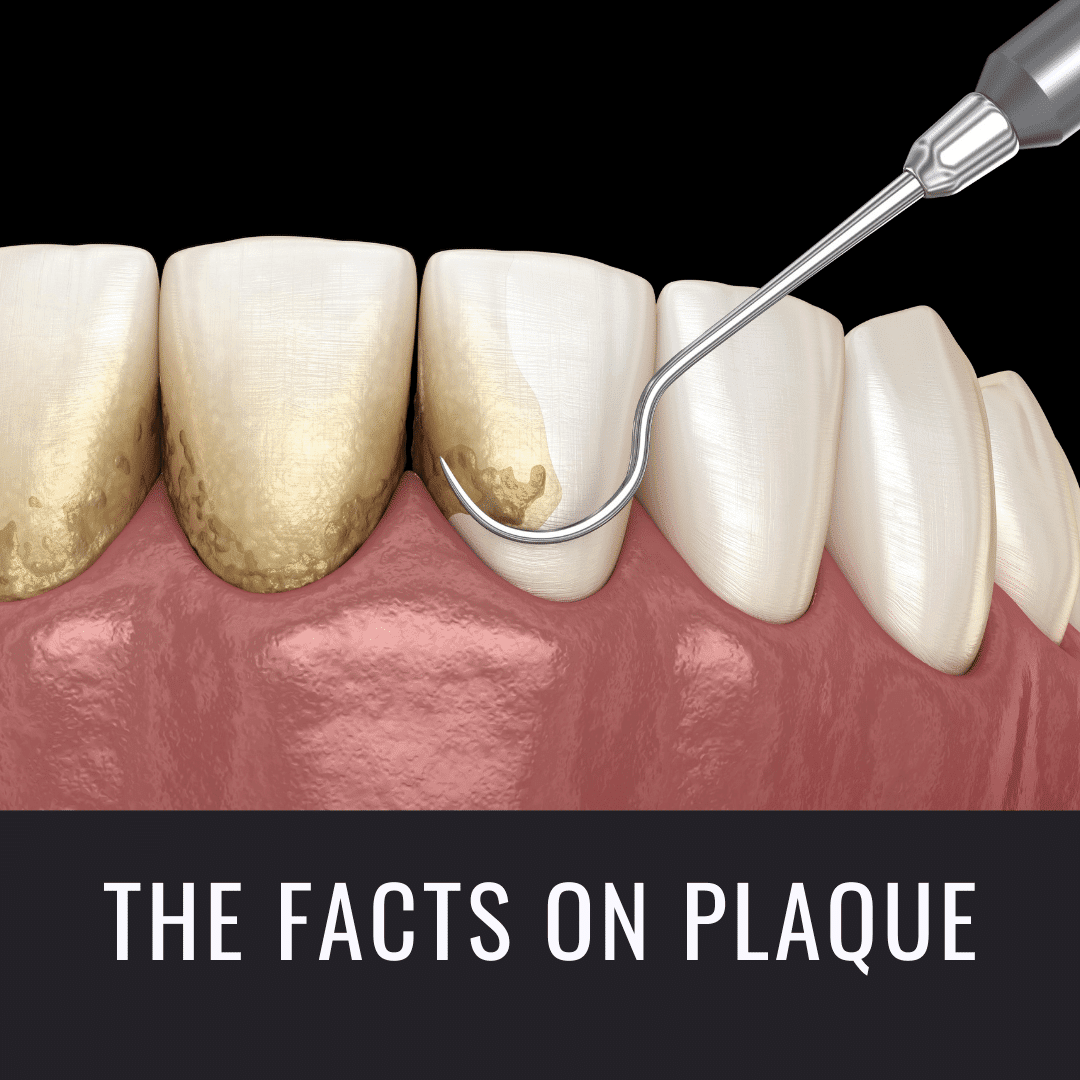
What is plaque, and how do I get rid of it?
05 Jun, 2025 -

Are dental X-rays safe?
05 Jun, 2025 -
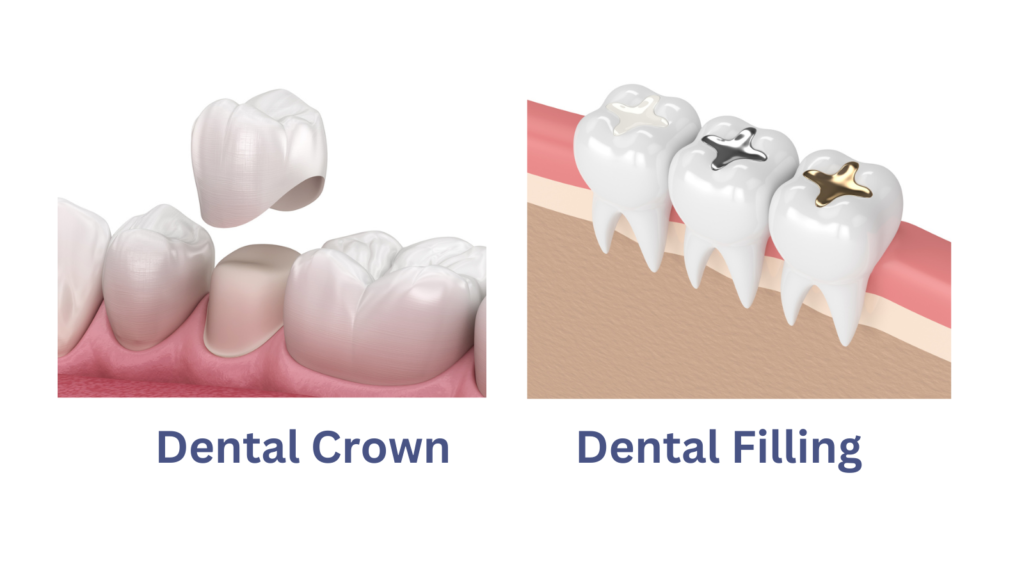
What’s the difference between a crown and a filling?
05 Jun, 2025 -
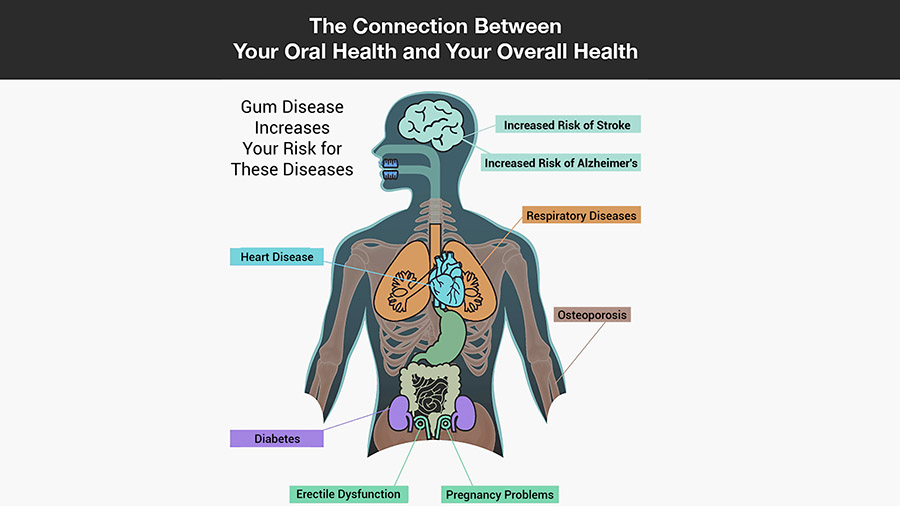
Can poor oral health affect my overall health?
05 Jun, 2025 -
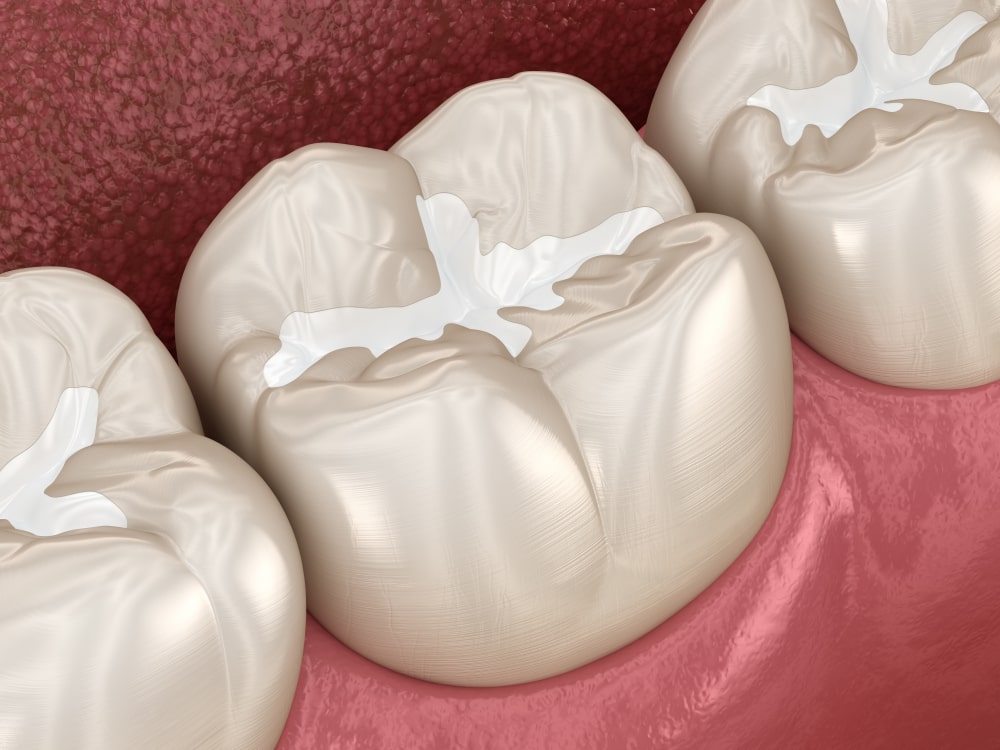
What are sealants, and who needs them?
05 Jun, 2025 -

How long do dental implants last?
05 Jun, 2025 -

Is getting a dental implant painful?
05 Jun, 2025 -

Can anyone get dental implants?
05 Jun, 2025 -
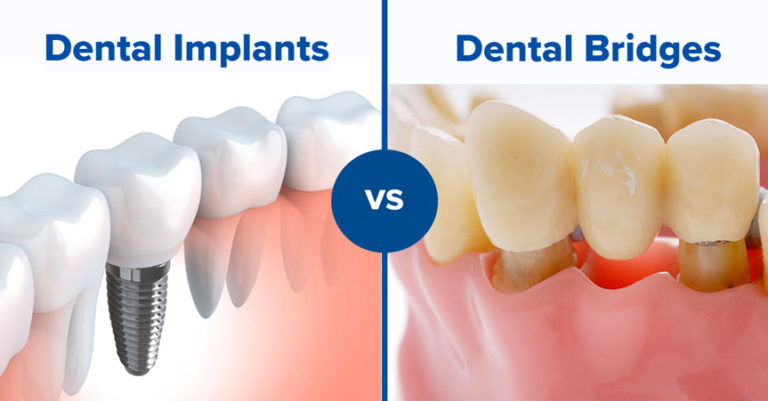
How does a dental implant compare to a bridge?
05 Jun, 2025 -
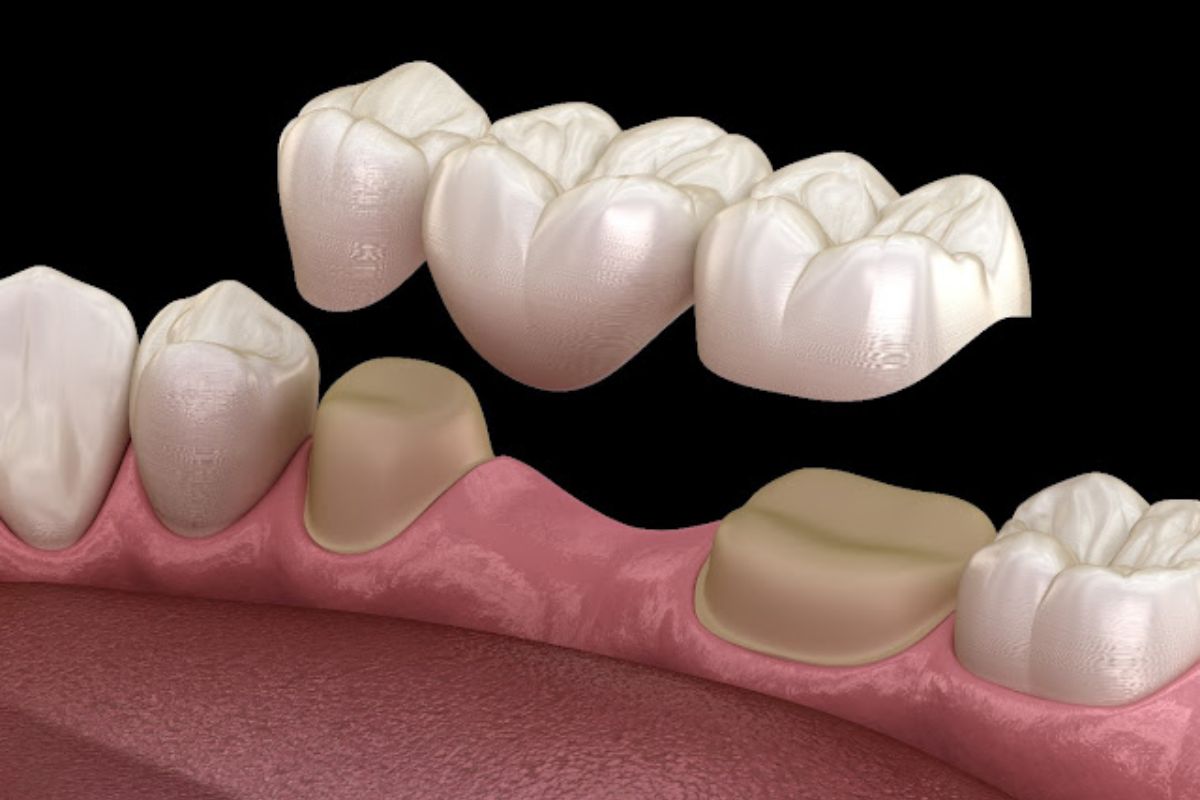
What is a dental bridge?
05 Jun, 2025 -
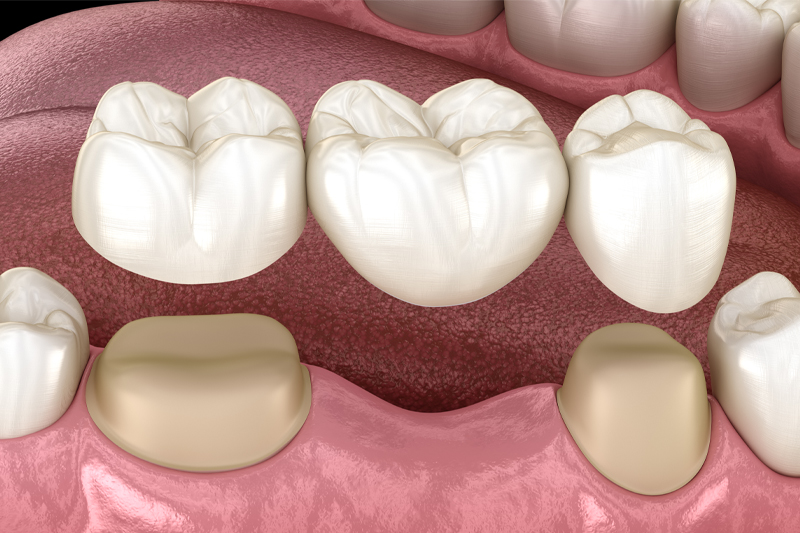
How long do dental bridges last?
05 Jun, 2025 -
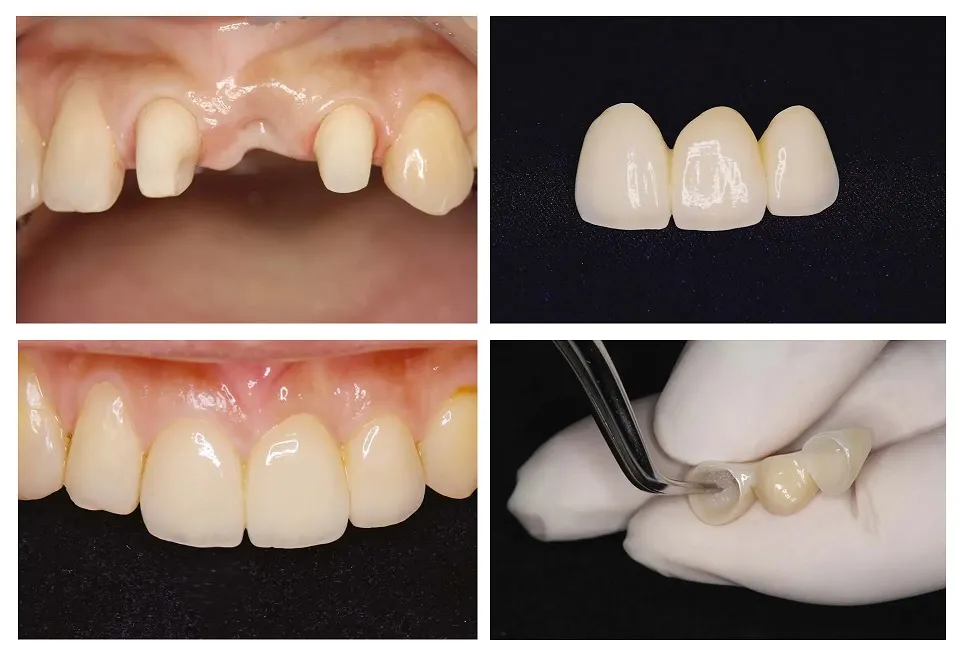
Are dental bridges noticeable?
05 Jun, 2025 -
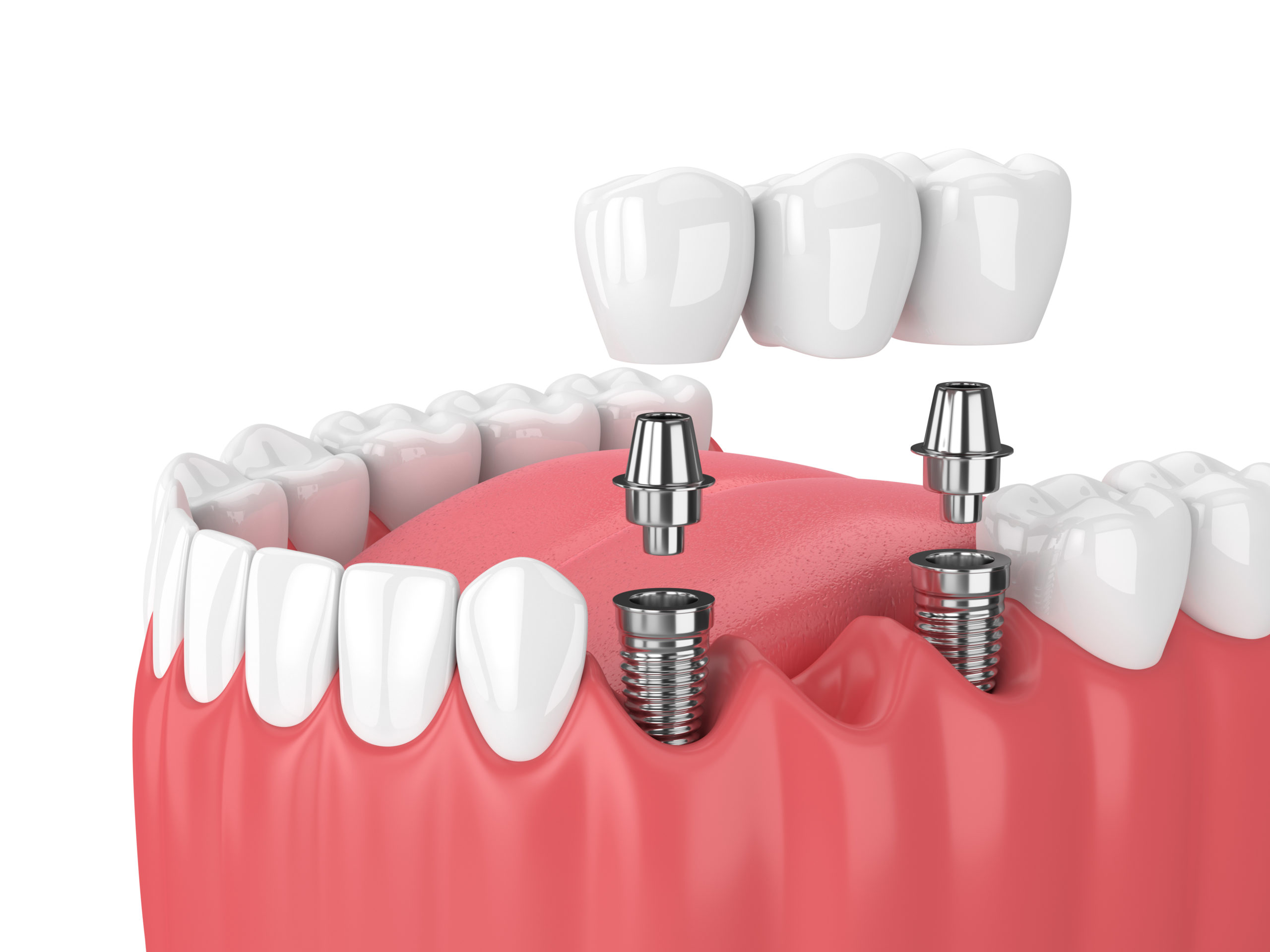
Can a bridge replace multiple missing teeth?
05 Jun, 2025 -
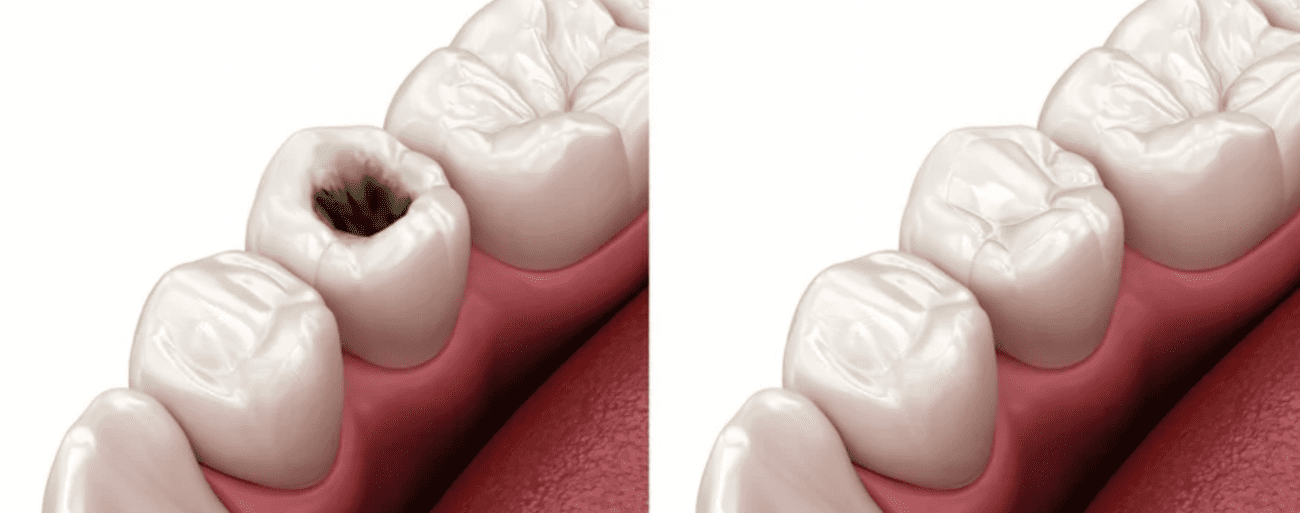
What is a dental filling and why is it needed?
05 Jun, 2025 -
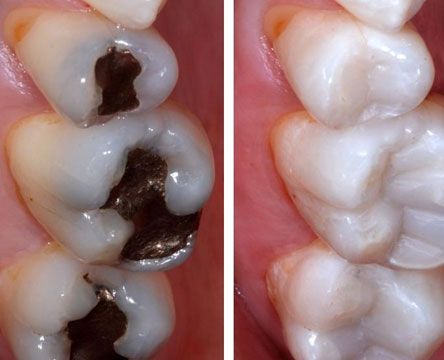
What types of materials are used for fillings?
05 Jun, 2025 -
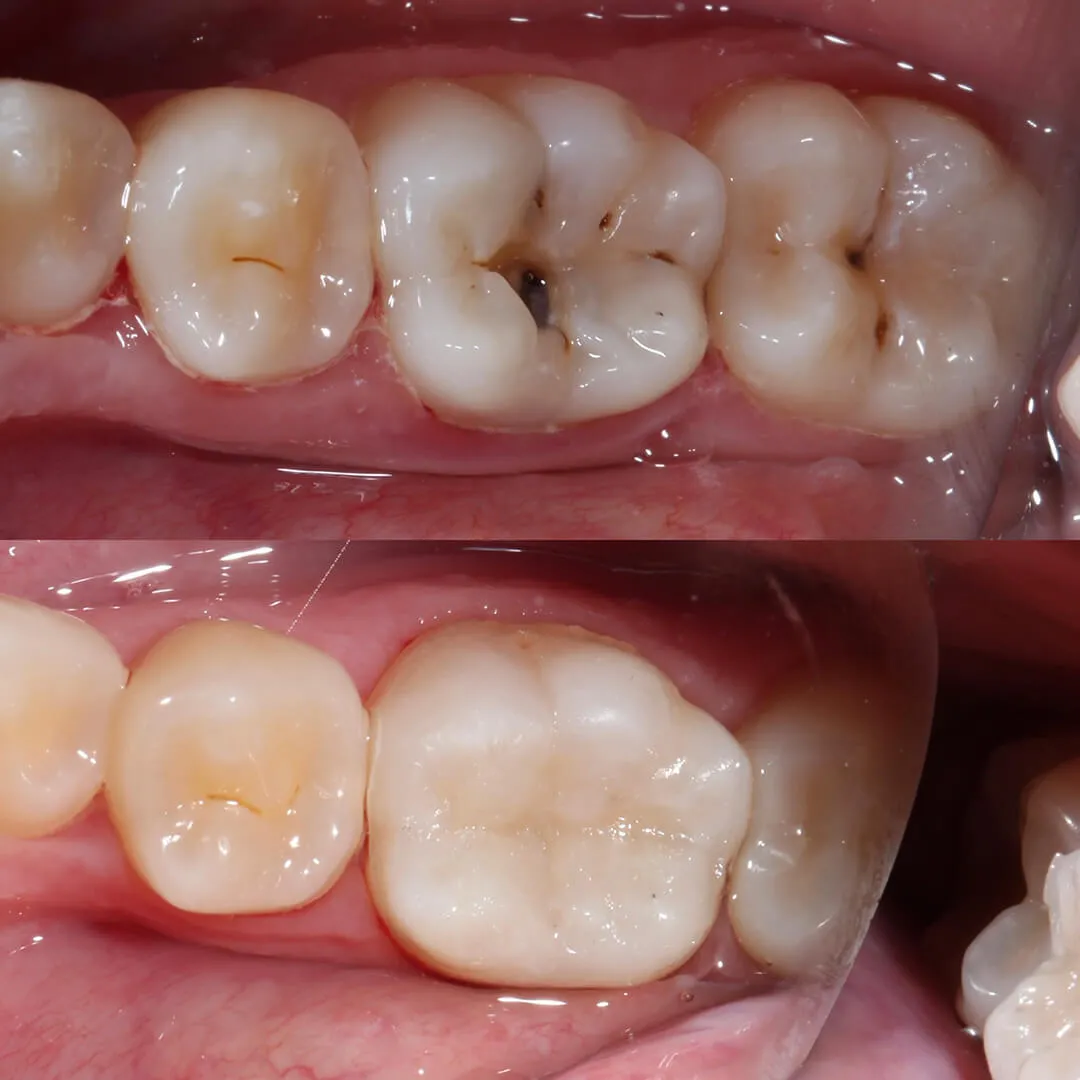
How long does a filling last?
05 Jun, 2025 -
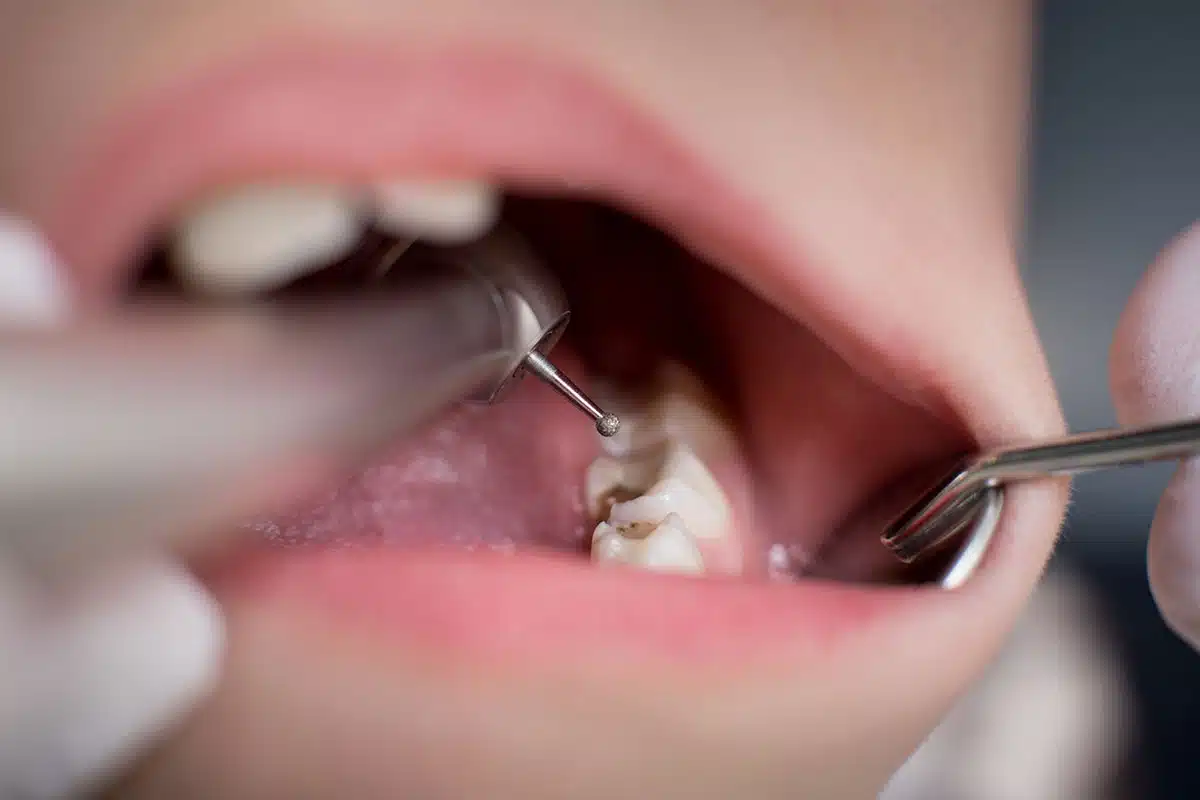
Is the filling procedure painful?
05 Jun, 2025 -
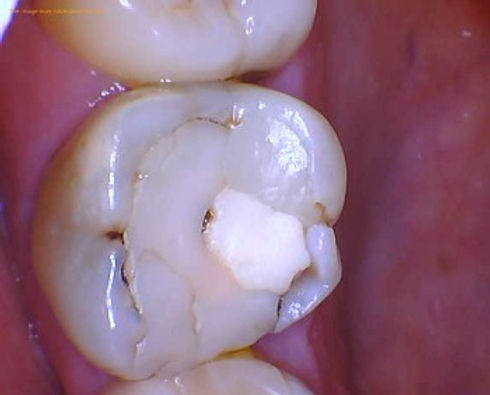
Can fillings fall out or break?
05 Jun, 2025 -
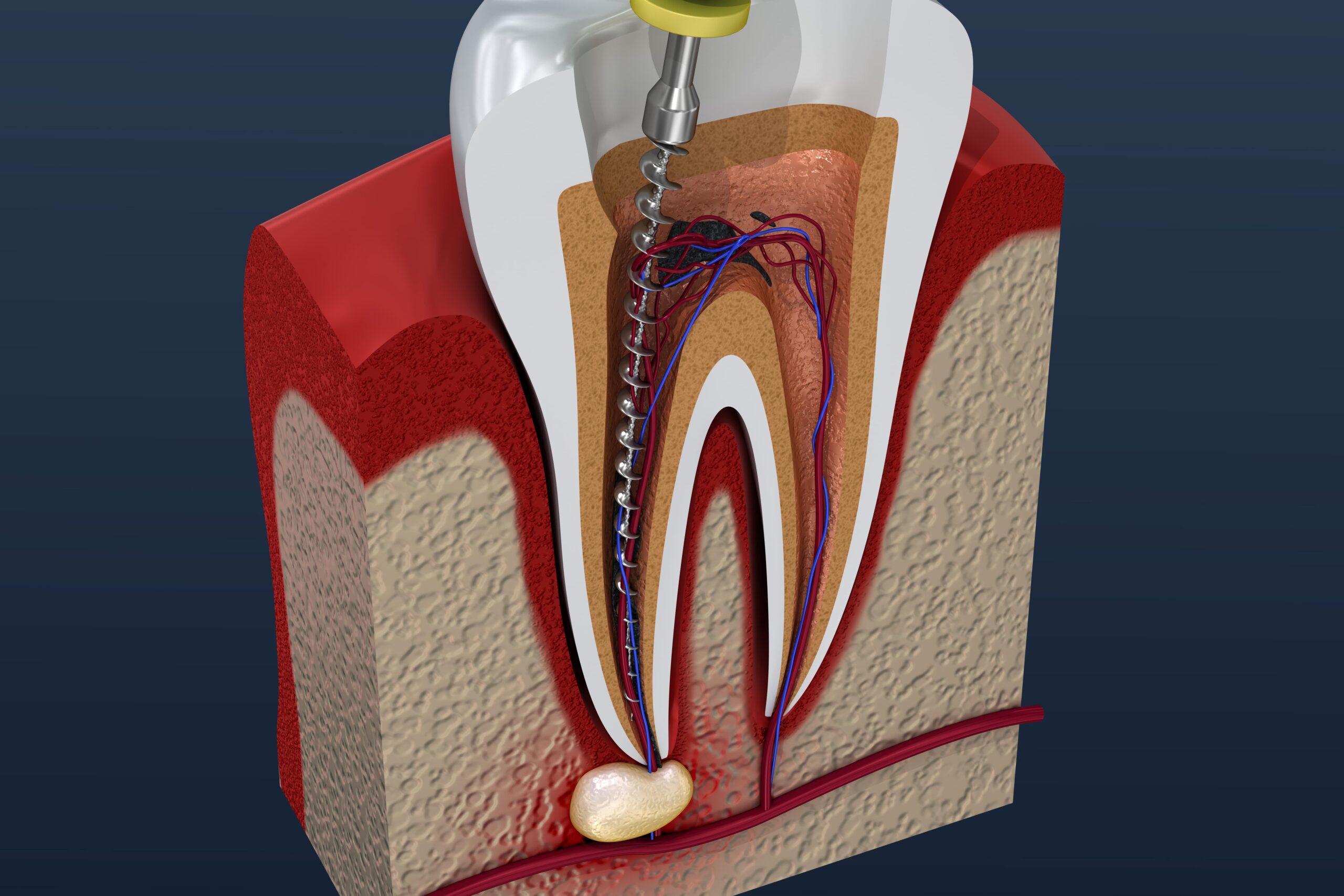
What is a root canal treatment?
05 Jun, 2025 -
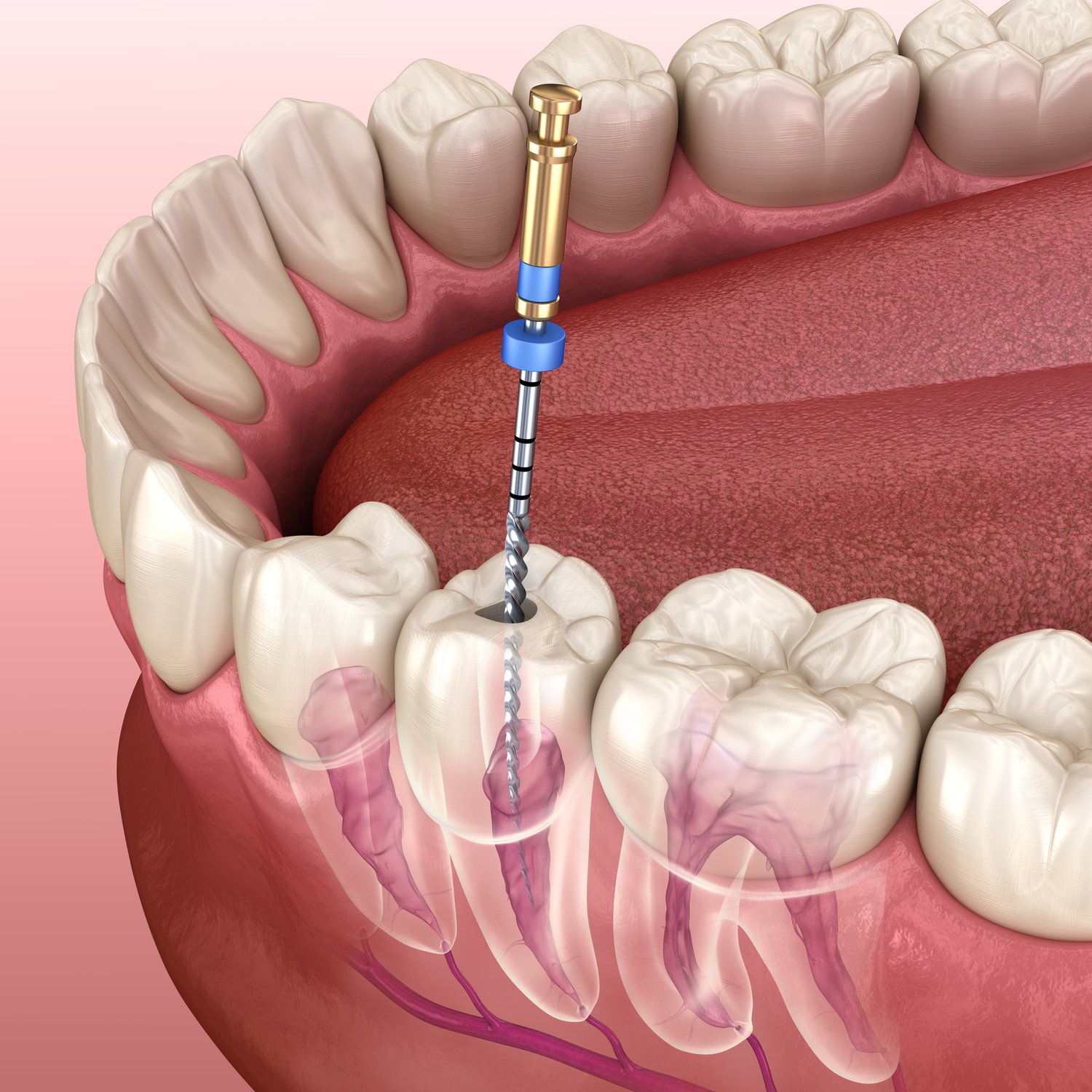
Does a root canal hurt?
05 Jun, 2025 -
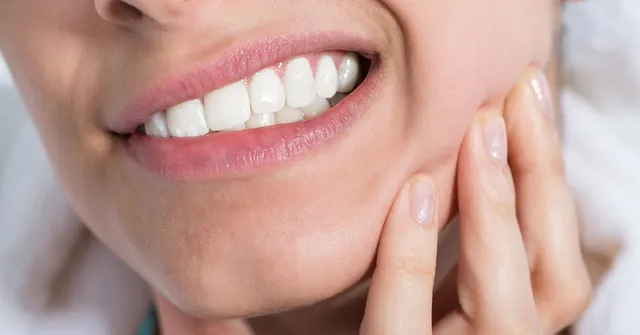
How do I know if I need a root canal?
05 Jun, 2025 -
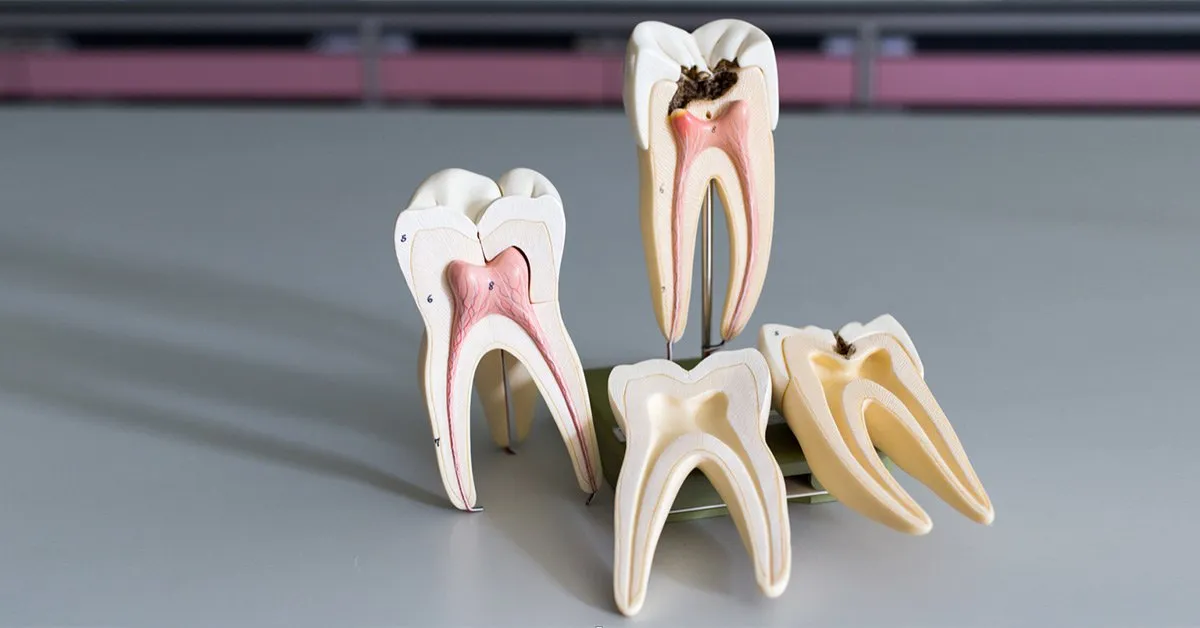
Is the tooth dead after a root canal?
05 Jun, 2025 -
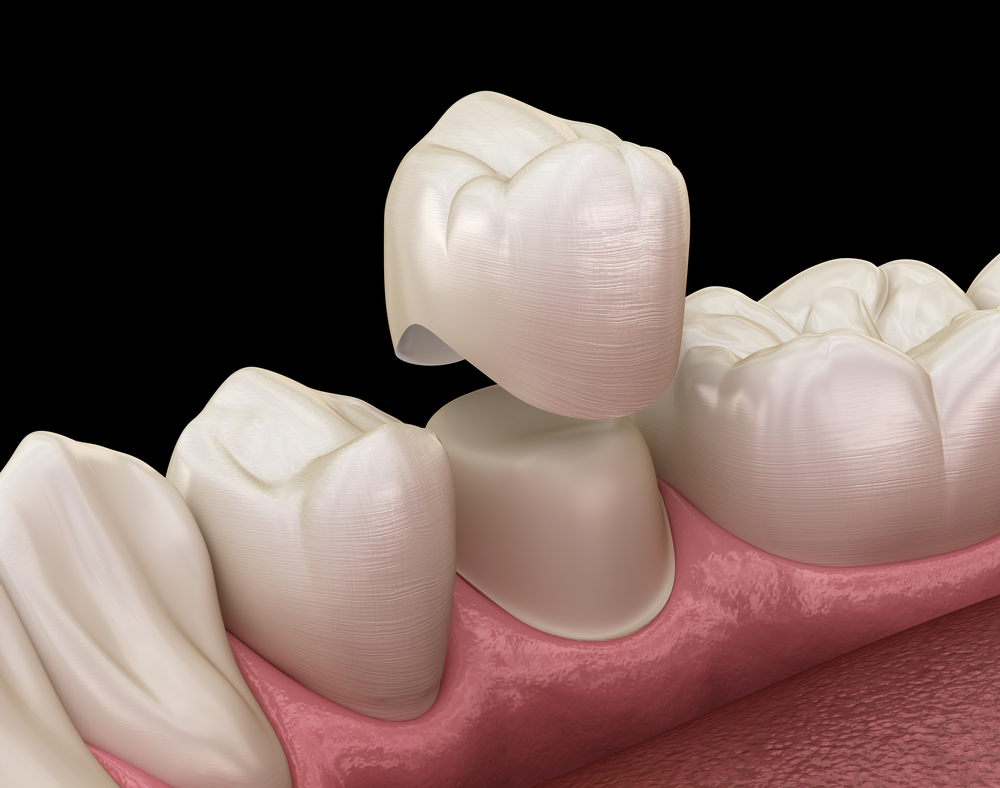
Why is a crown needed after a root canal?
05 Jun, 2025 -
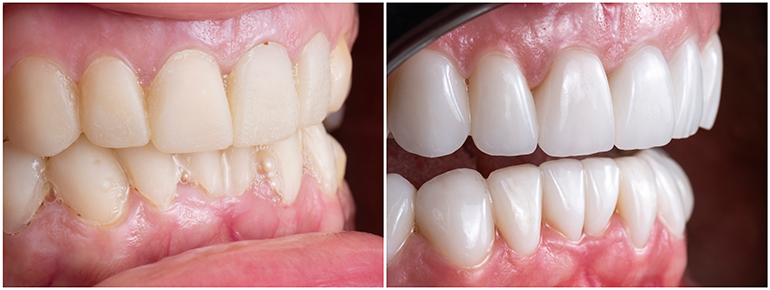
What is cosmetic dentistry?
05 Jun, 2025 -
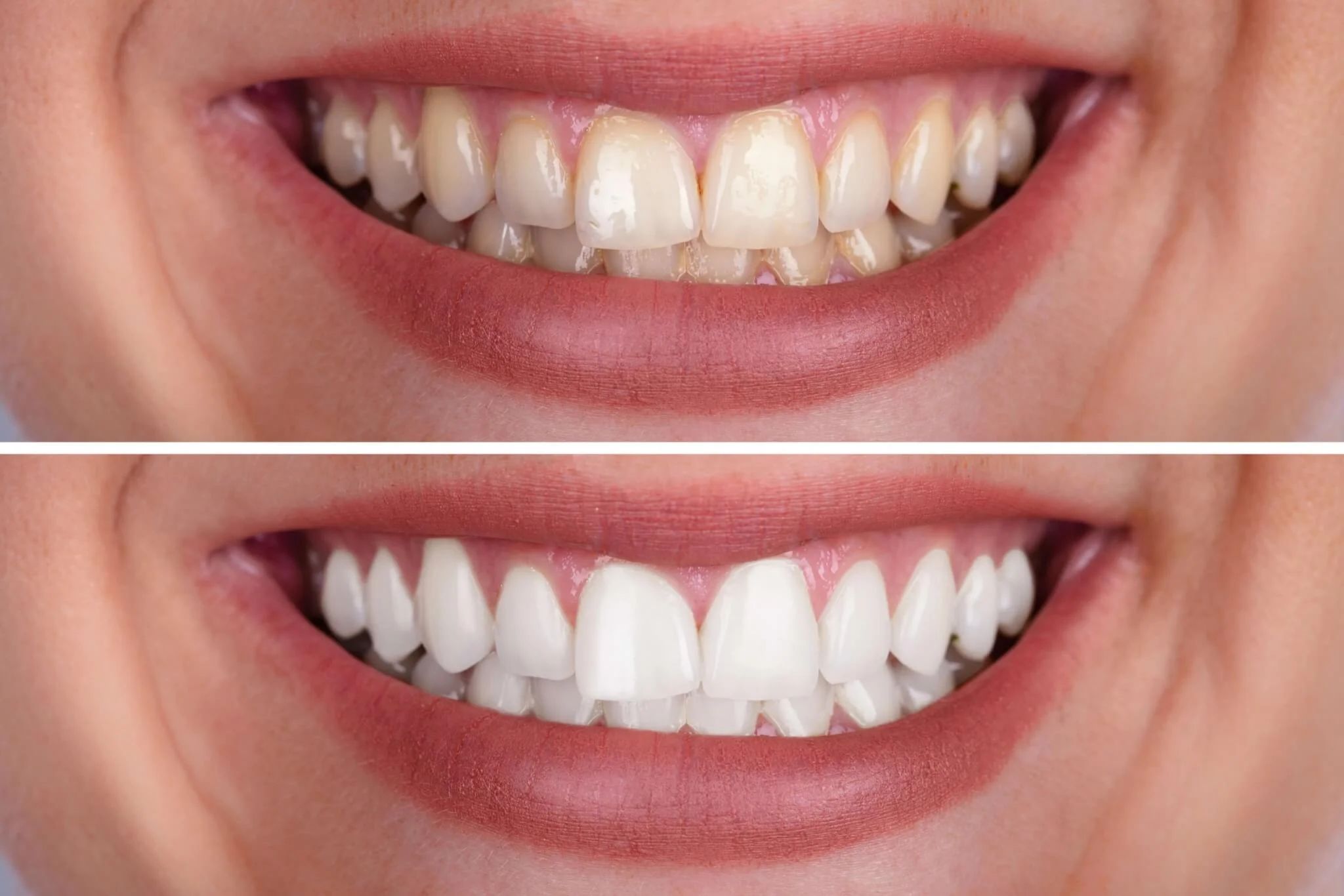
How long does teeth whitening last?
05 Jun, 2025 -
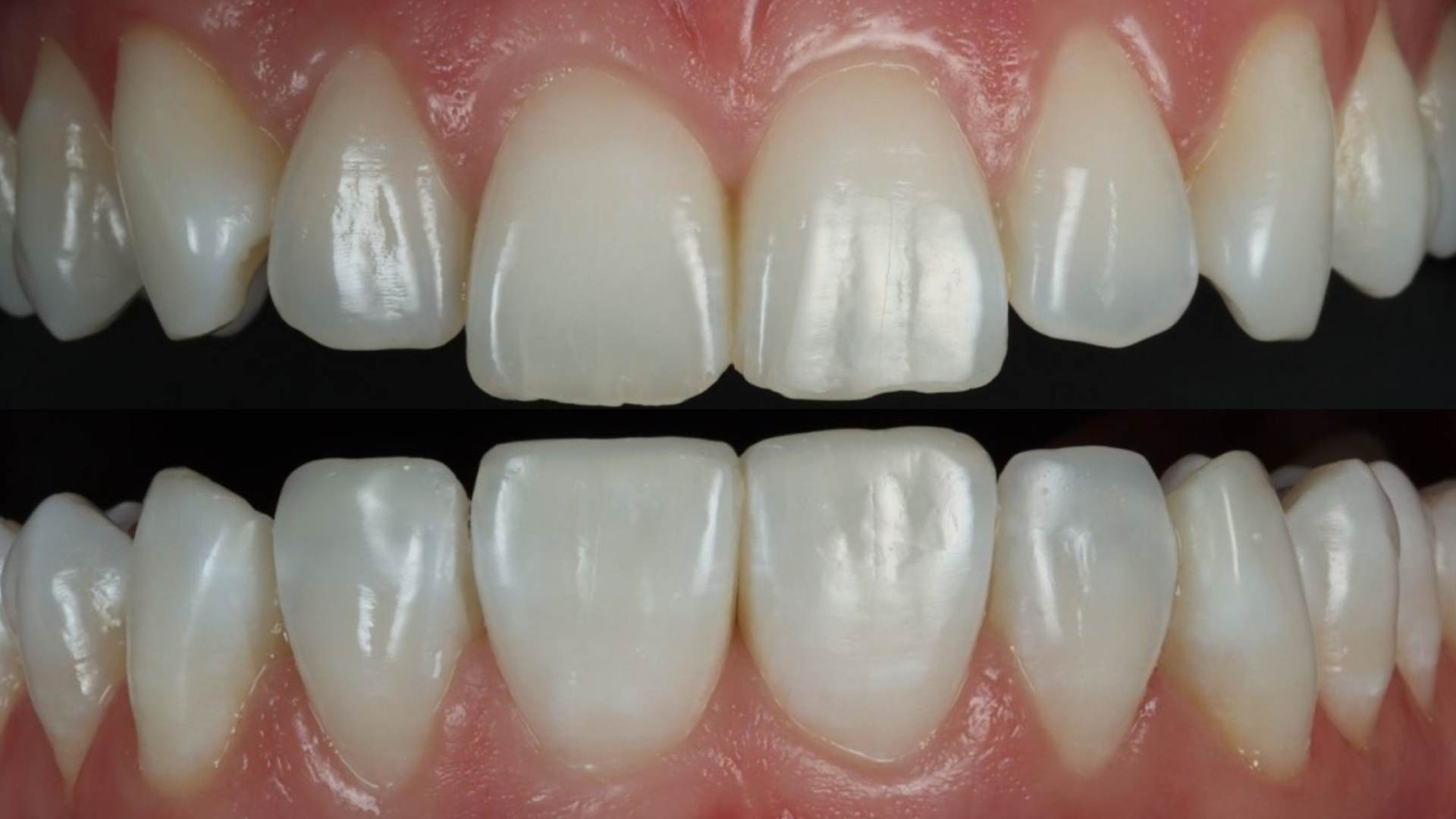
What’s the difference between bonding and veneers?
05 Jun, 2025 -
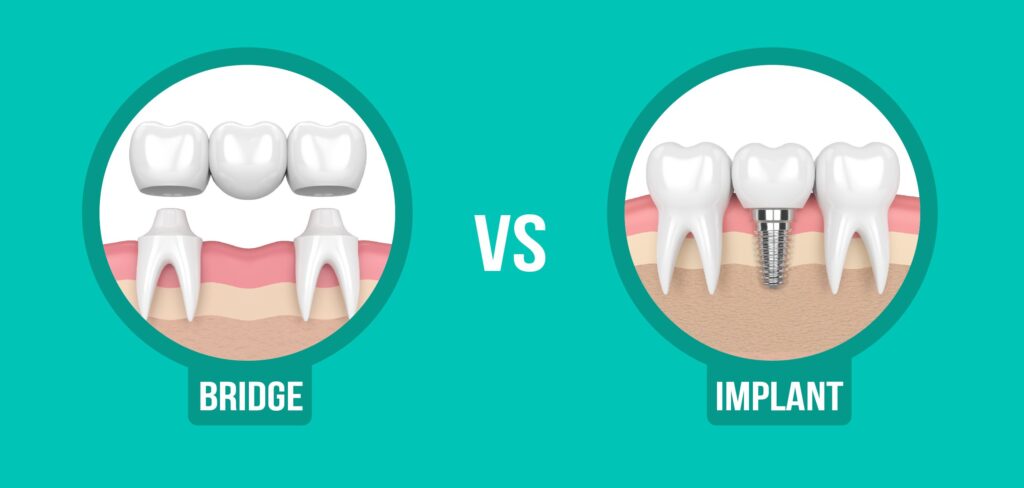
Is a dental implant better than a bridge?
05 Jun, 2025 -
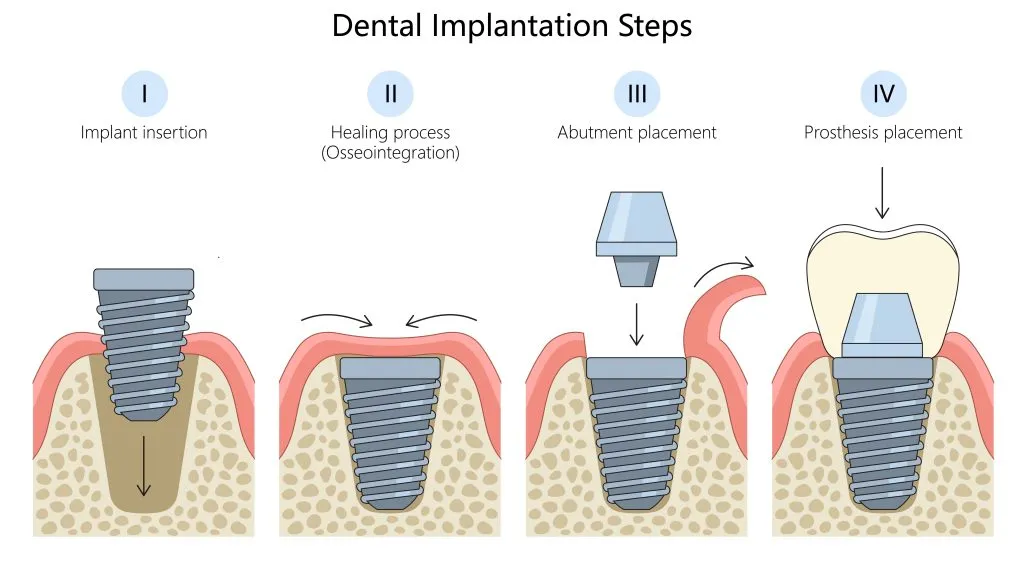
-
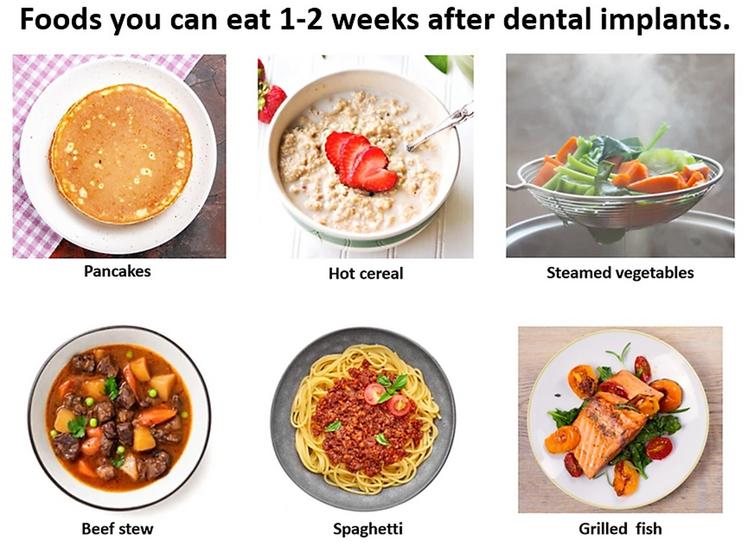
Will I be able to eat normally with dental implants?
05 Jun, 2025 -
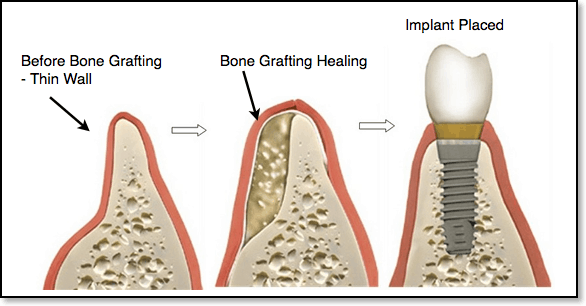
Is bone grafting always needed for implants?
05 Jun, 2025 -
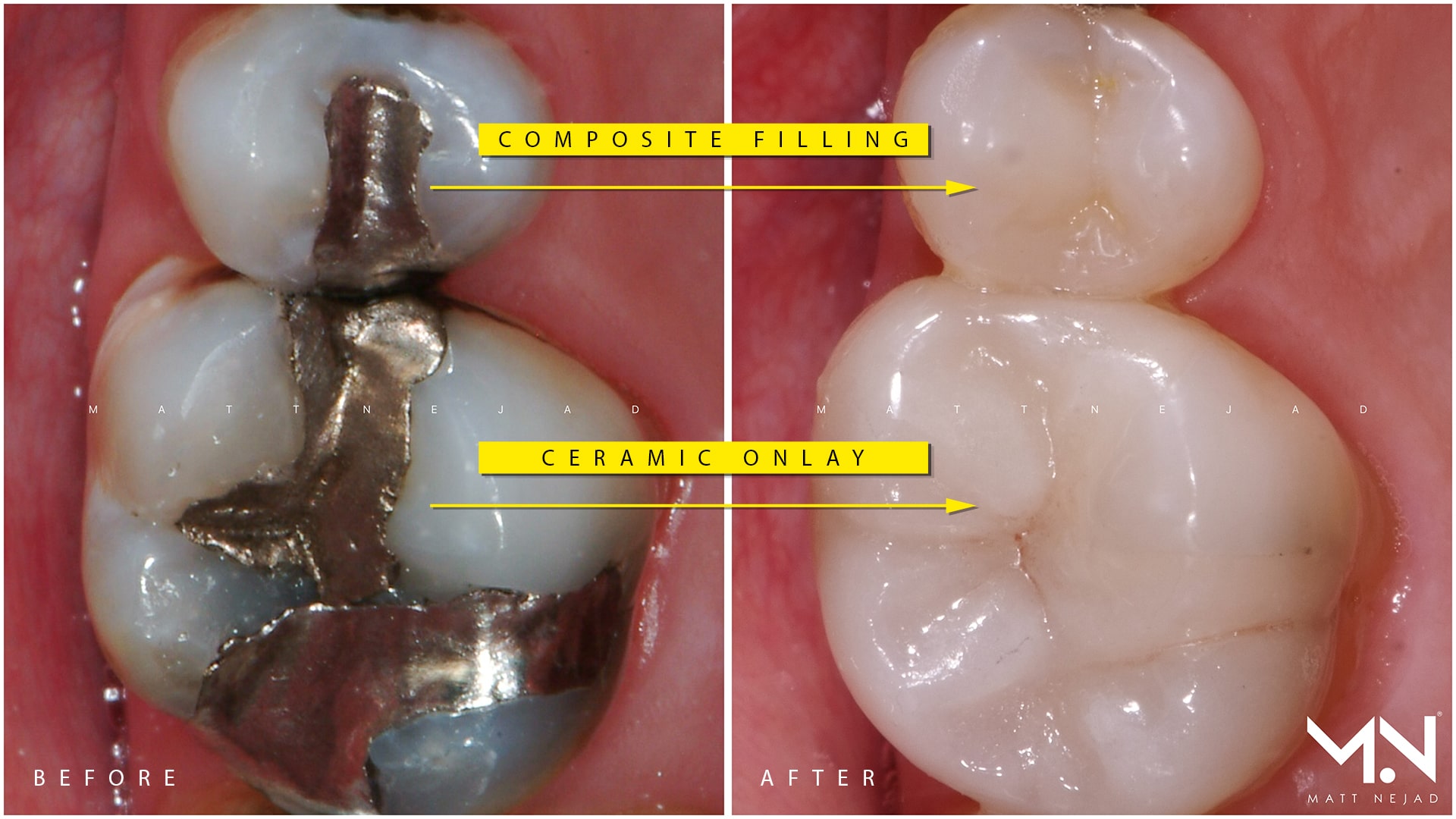
-
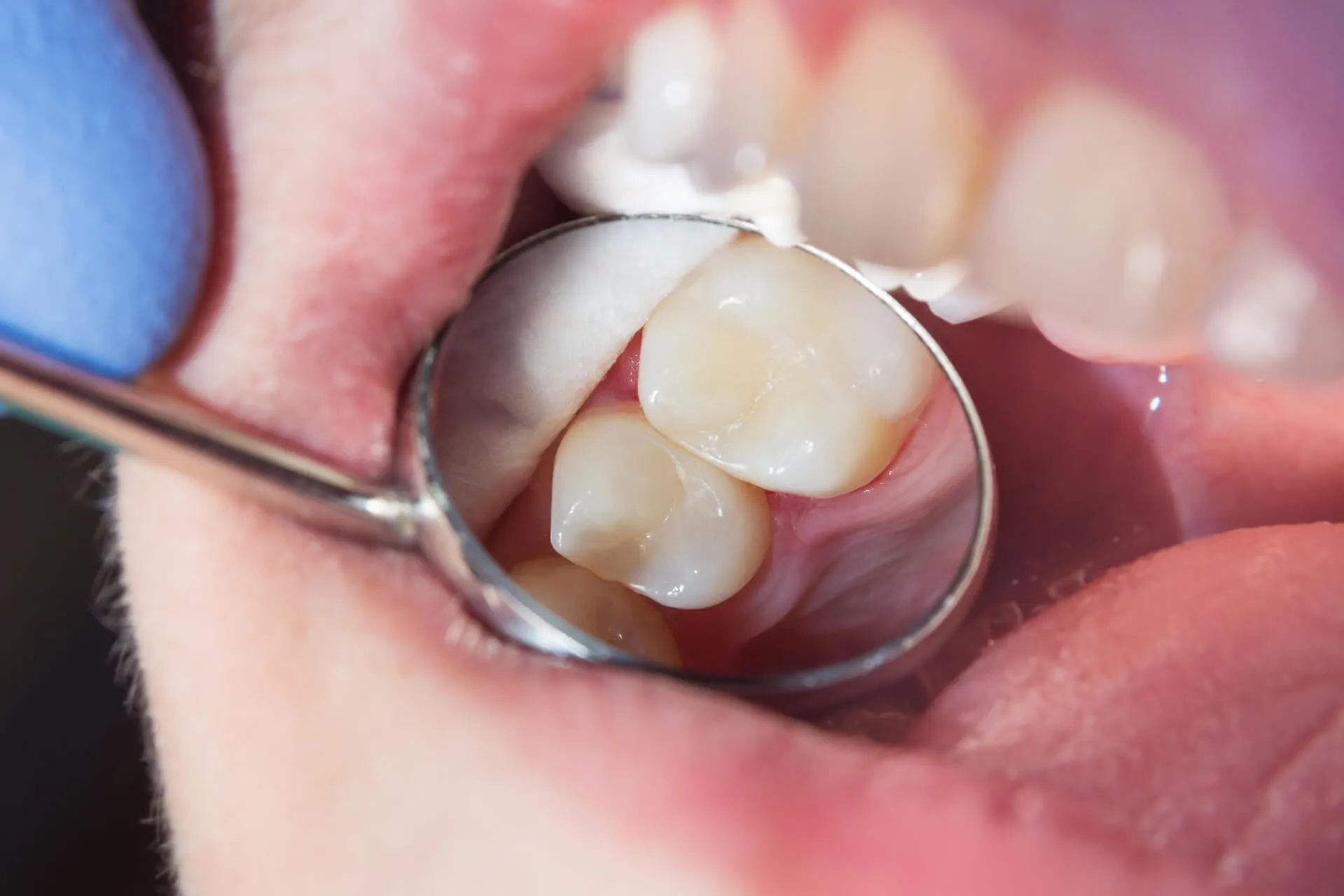
Do fillings hurt after they’re placed?
05 Jun, 2025 -
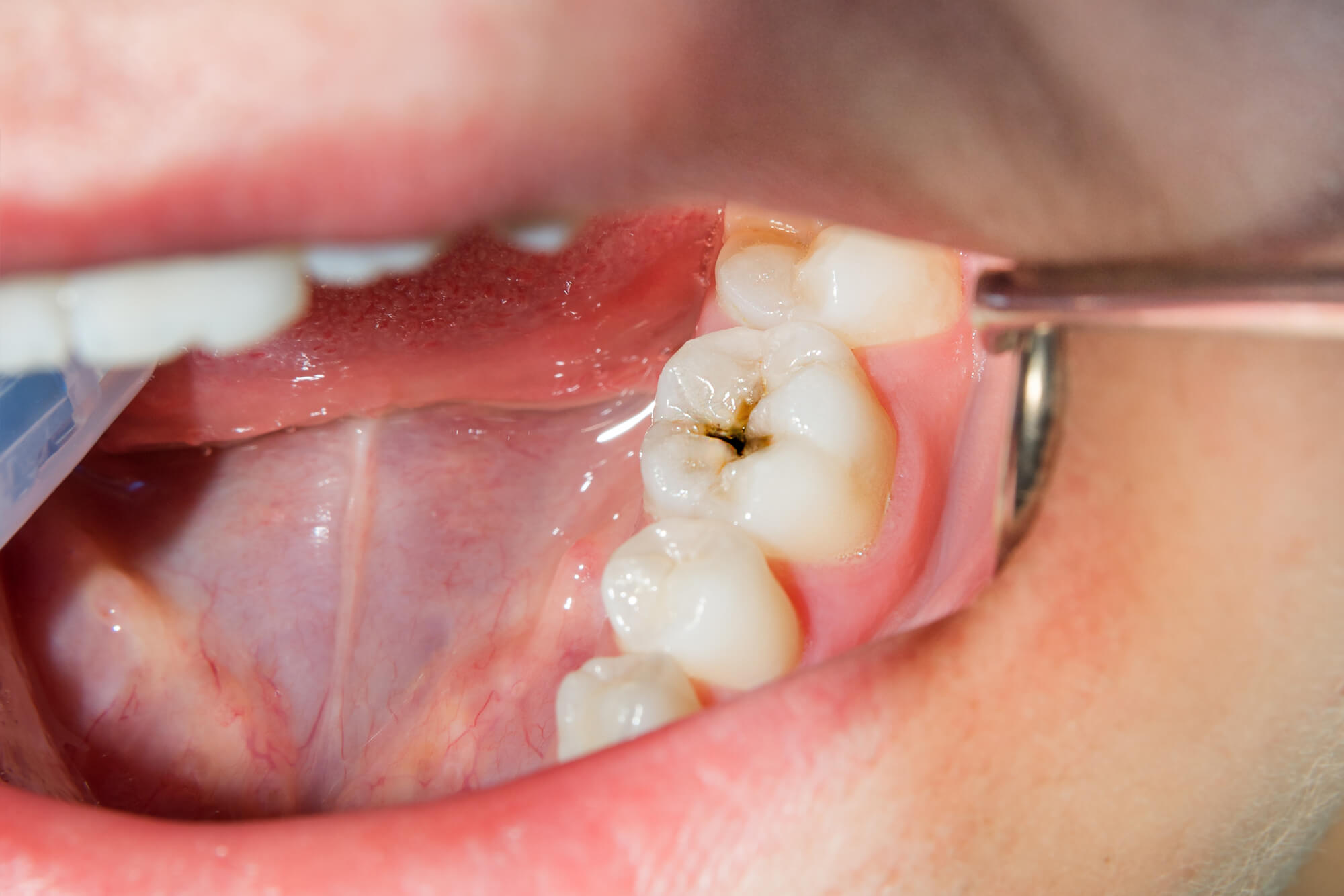
How do I know if I need a filling?
05 Jun, 2025 -
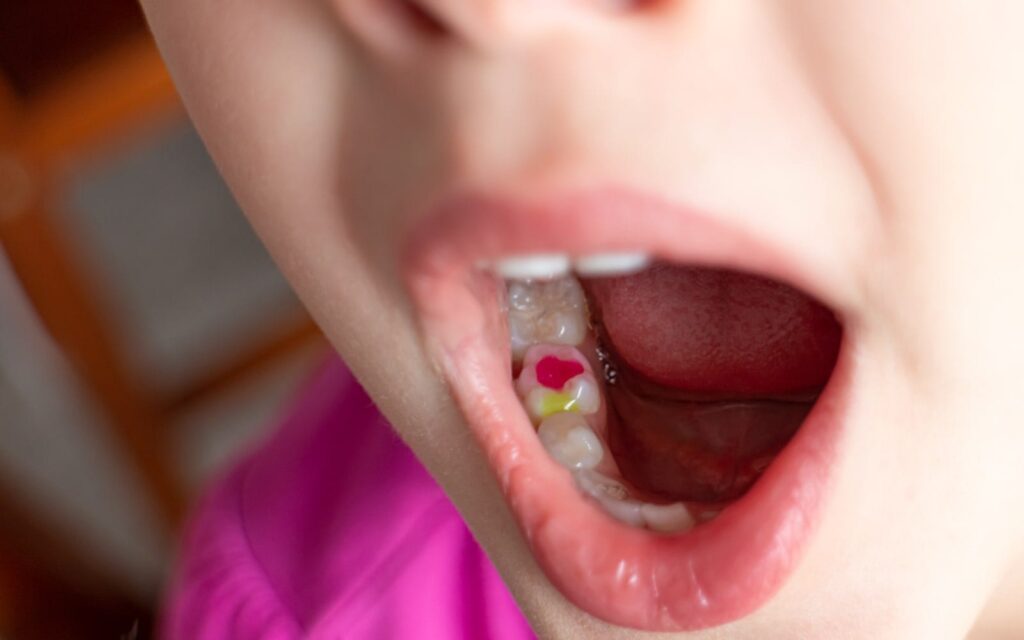
Can children get tooth-colored fillings too?
05 Jun, 2025 -
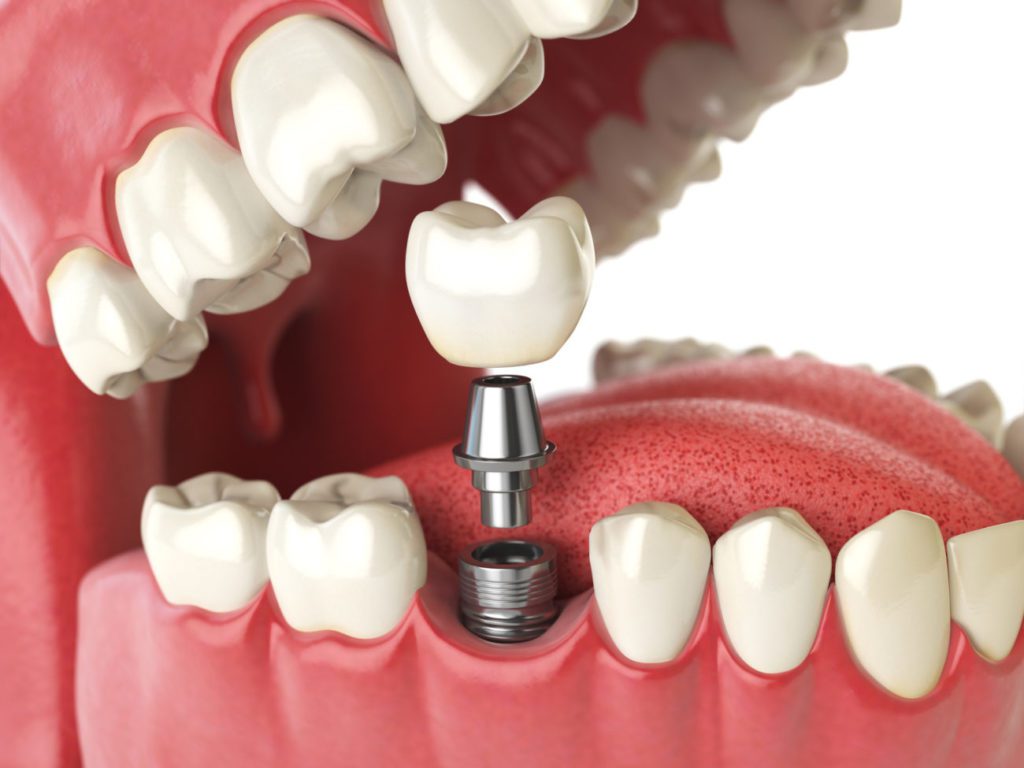
Do I need a bridge if I’m missing just one tooth?
05 Jun, 2025 -
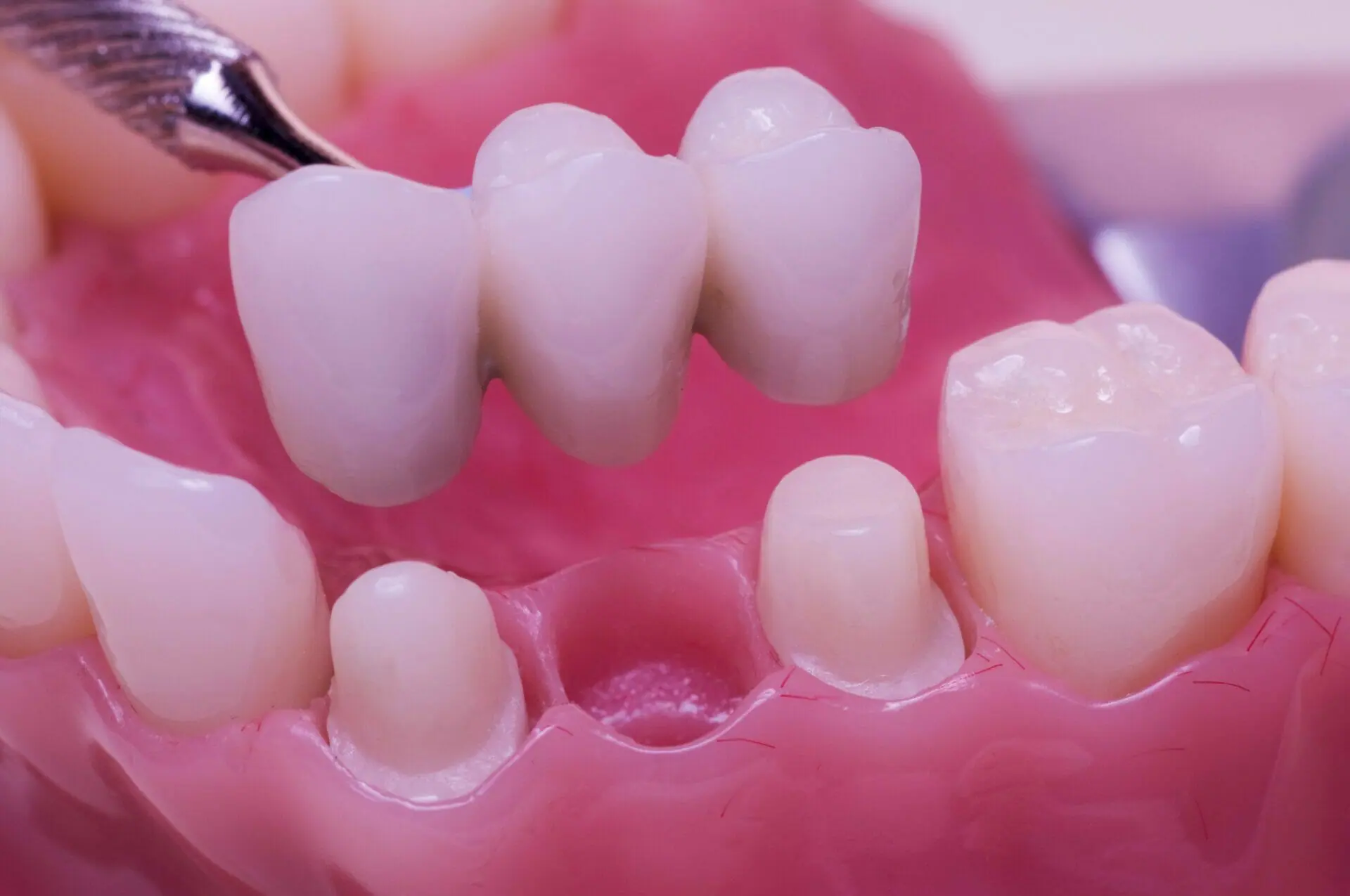
Can a bridge feel like a natural tooth?
05 Jun, 2025 -
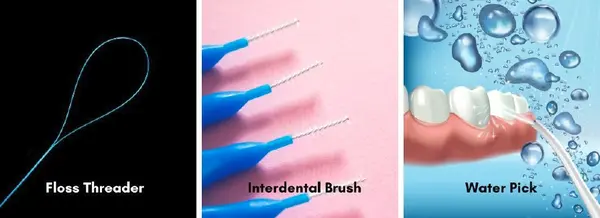
How do I clean around a dental bridge?
05 Jun, 2025 -

Can I eat normally with a dental bridge?
05 Jun, 2025 -
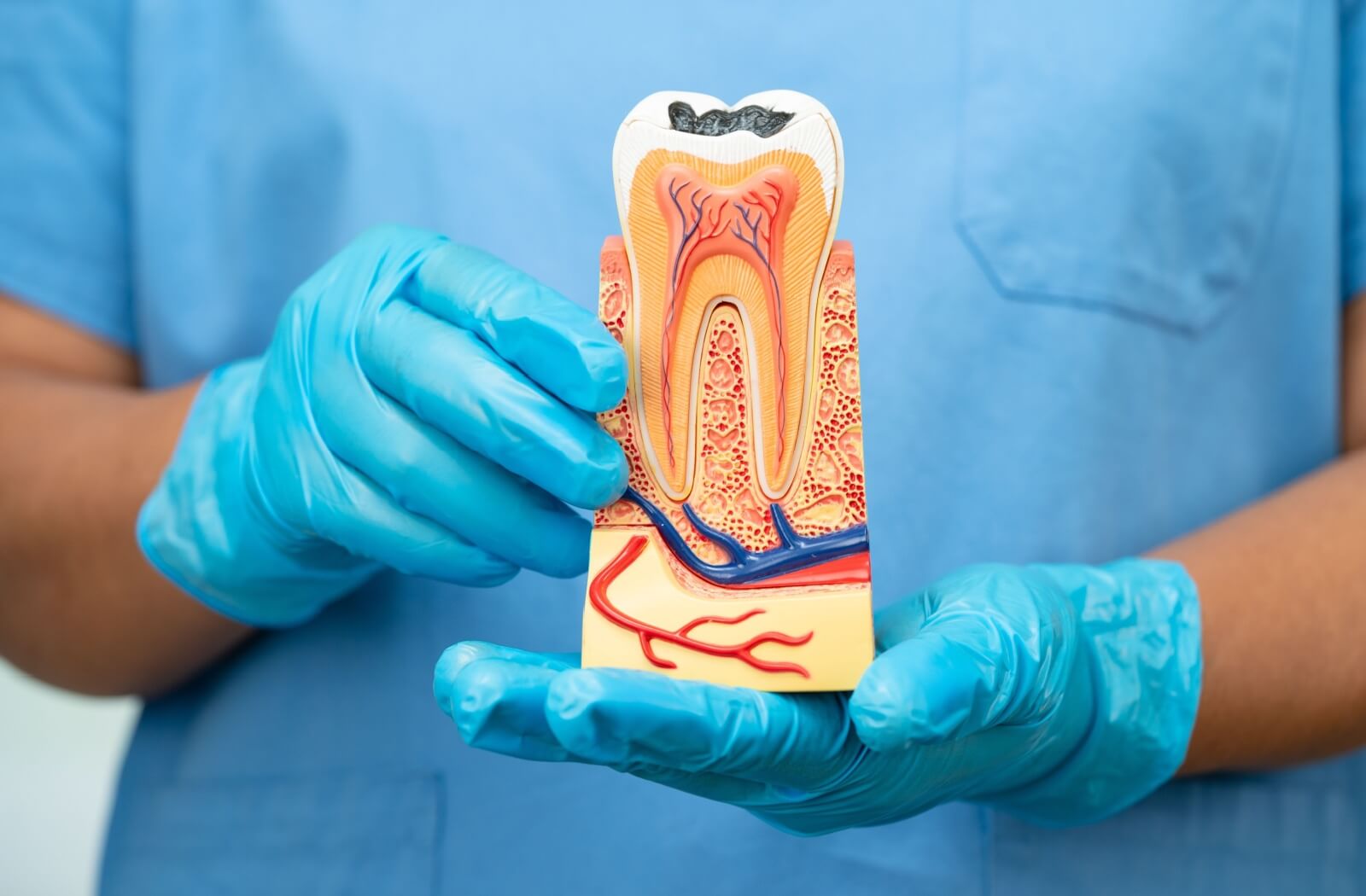
How long does a root canal procedure take?
05 Jun, 2025 -
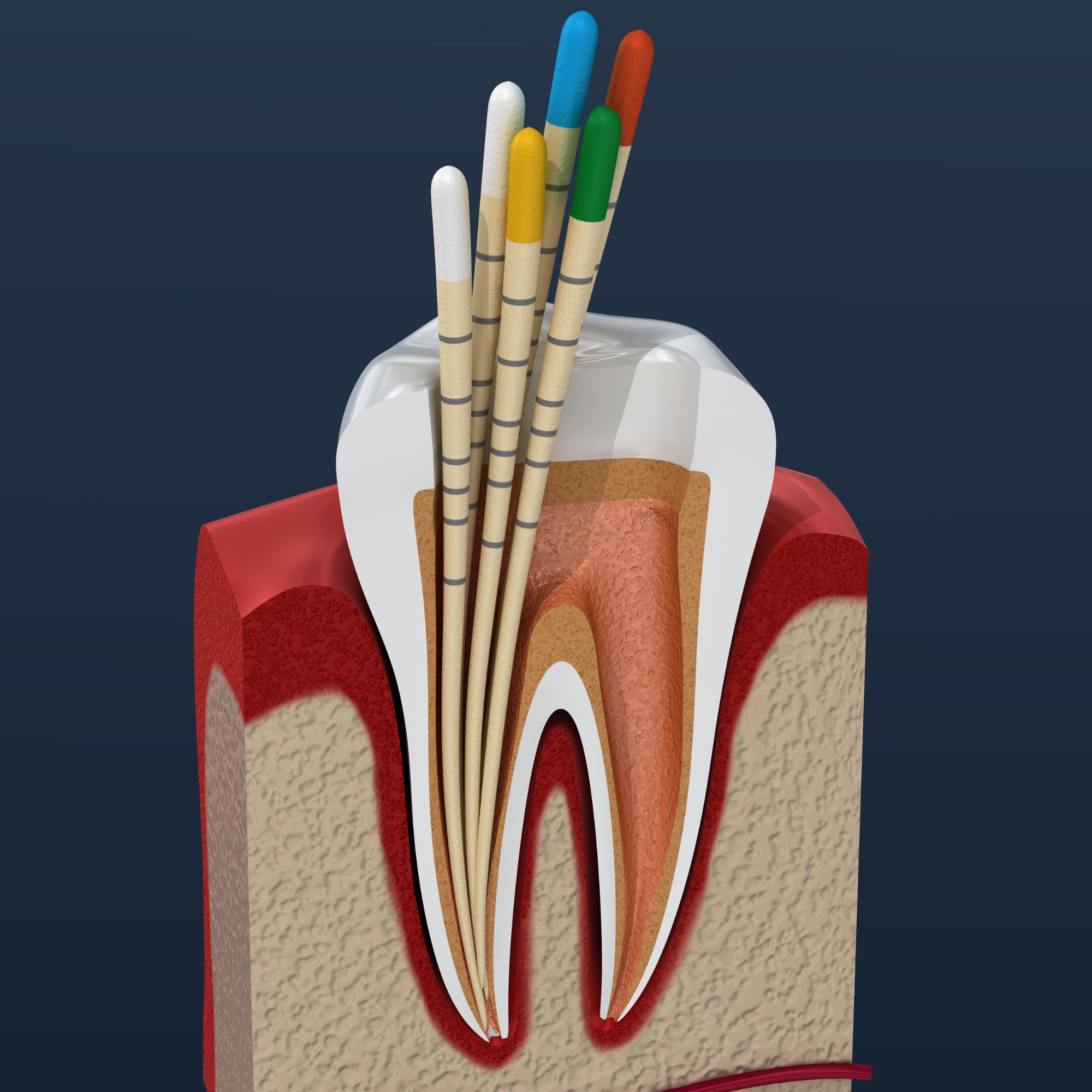
What happens after a root canal?
05 Jun, 2025 -
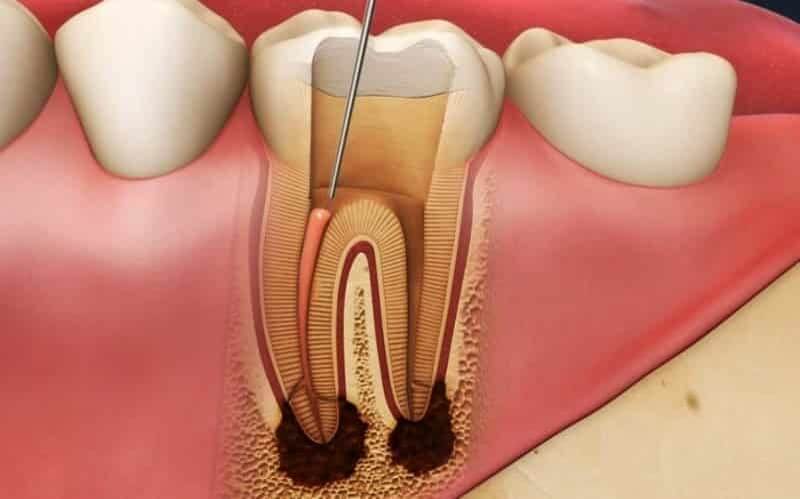
Can a root canal fail?
05 Jun, 2025 -
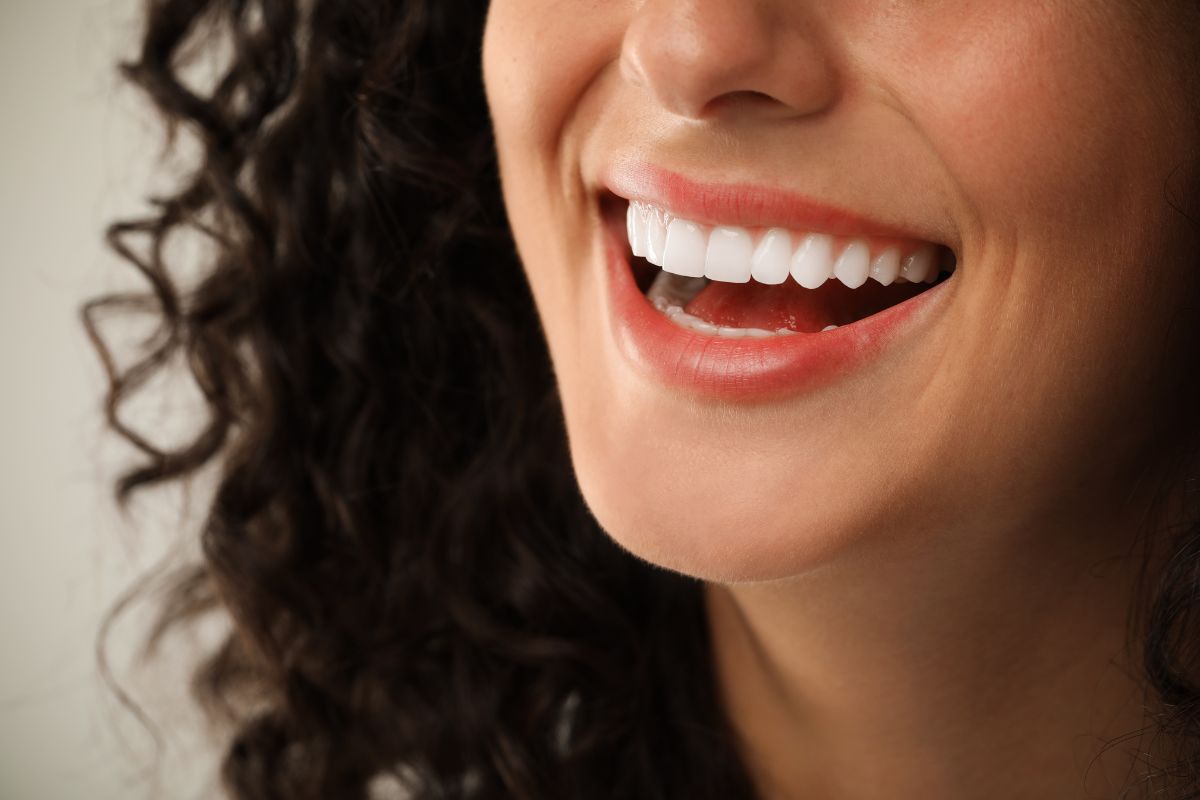
Is cosmetic dentistry only about appearance?
05 Jun, 2025 -
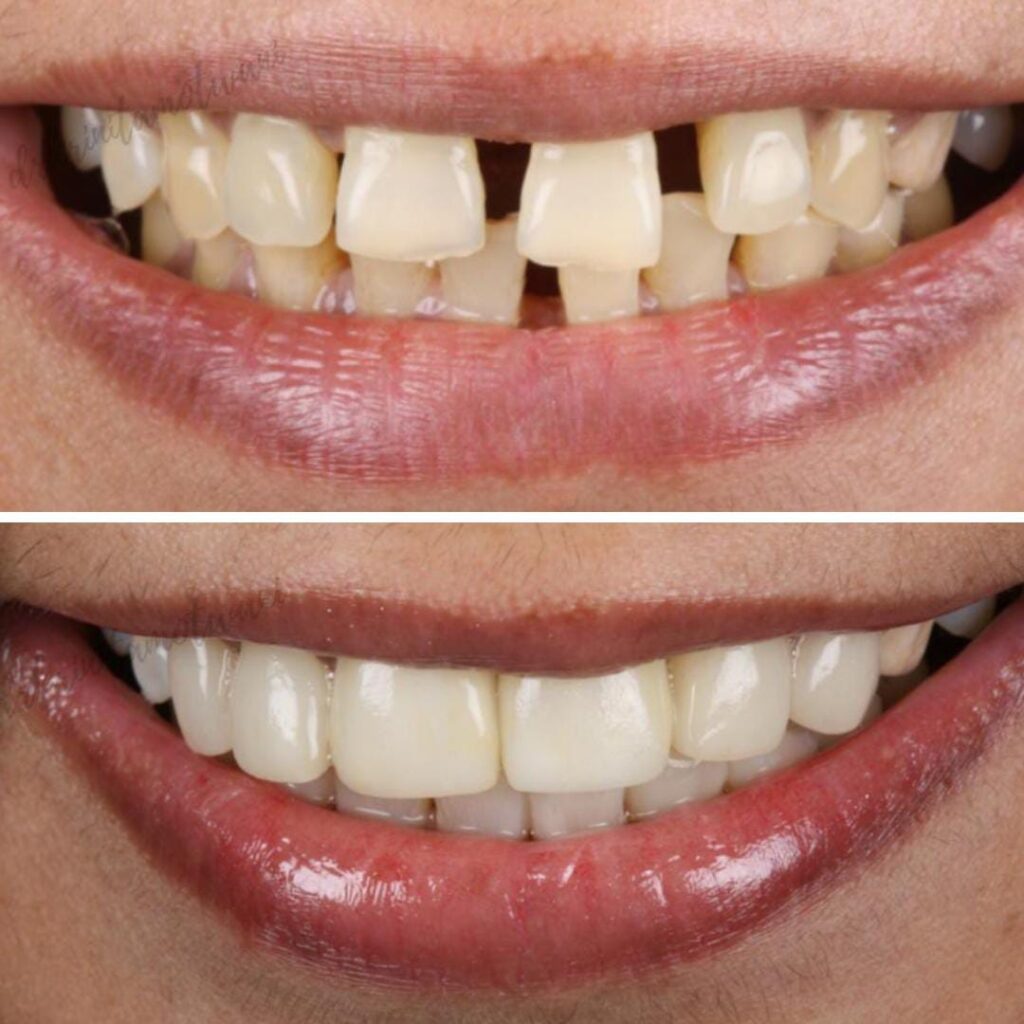
Can cosmetic dentistry fix gaps between teeth?
05 Jun, 2025 -
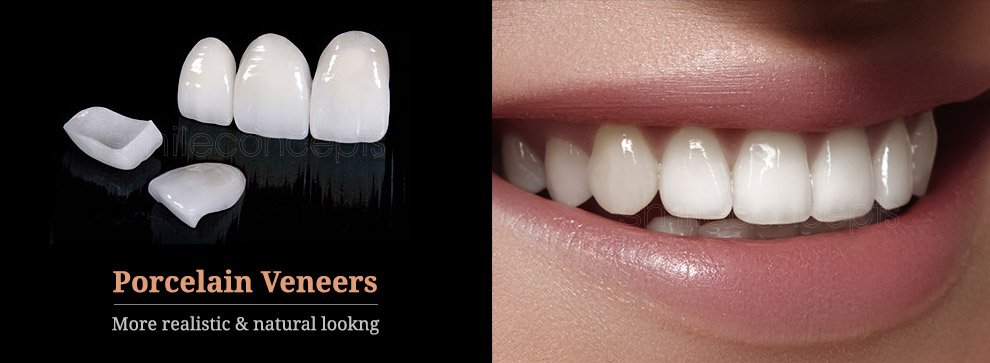
Are veneers permanent?
05 Jun, 2025 -
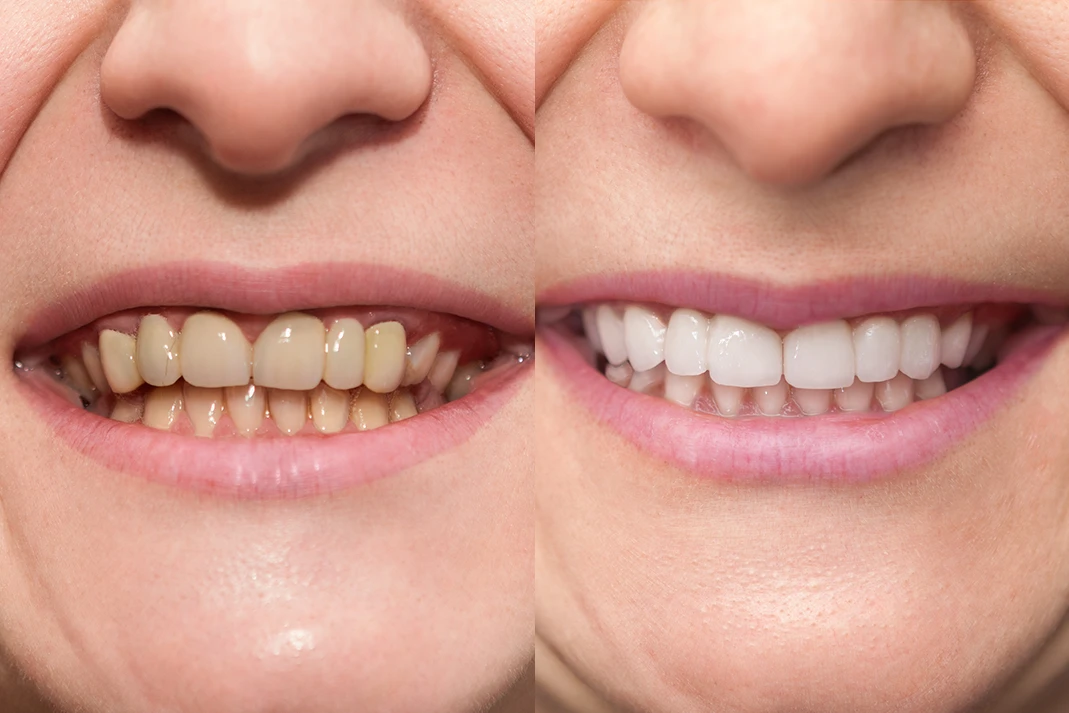
-
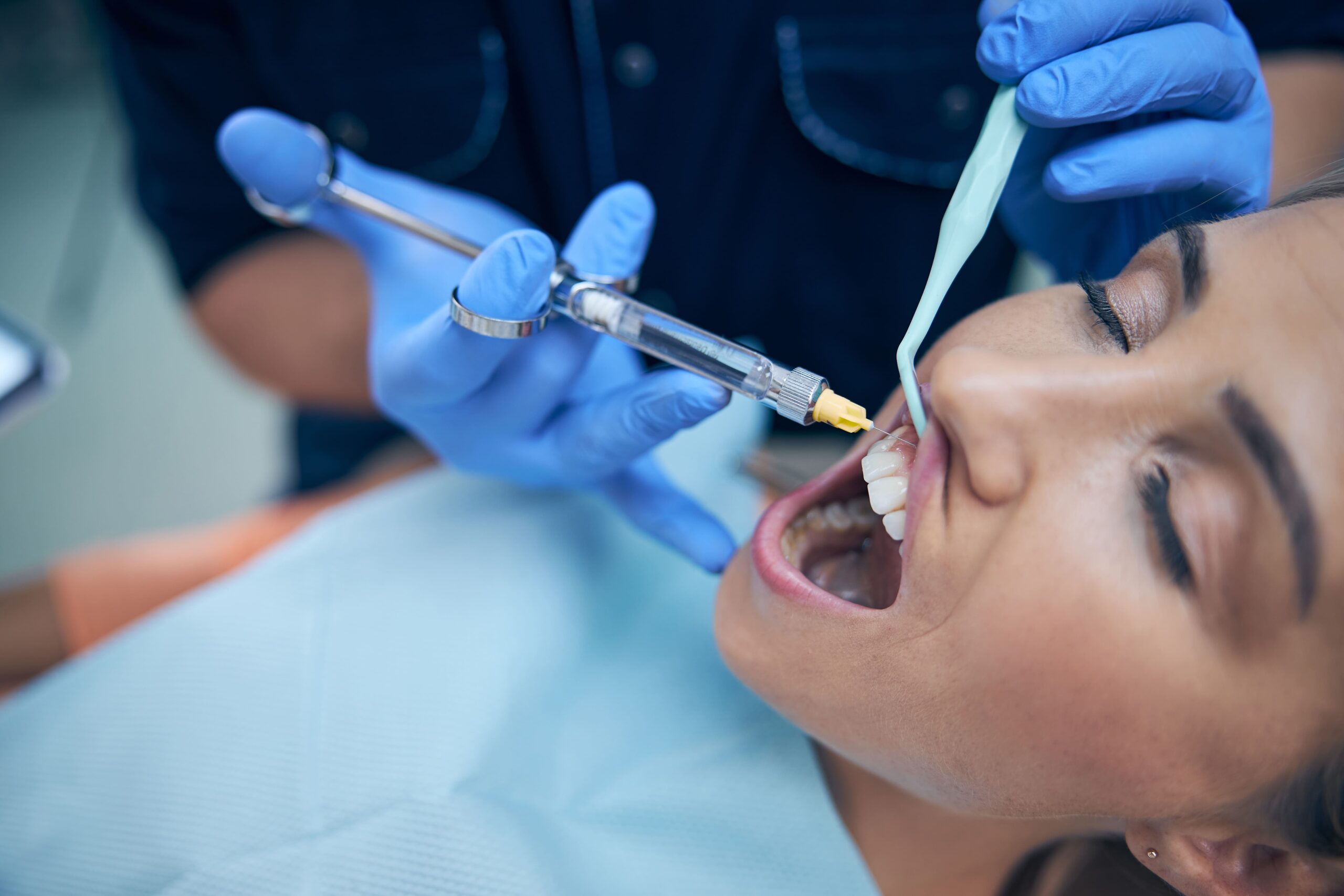
Will I be awake during my dental procedure?
05 Jun, 2025 -
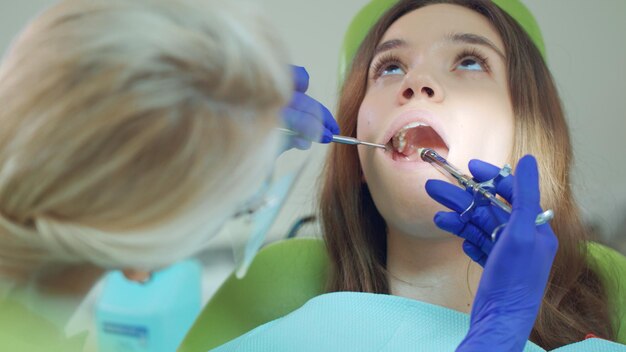
Is dental anesthesia safe?
05 Jun, 2025 -
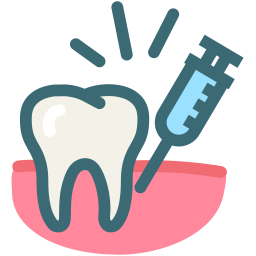
What are the side effects of dental anesthesia?
05 Jun, 2025 -

Can children safely receive dental anesthesia?
05 Jun, 2025 -

Do I need to be asleep for tooth extraction?
05 Jun, 2025 -

What are impacted wisdom teeth?
05 Jun, 2025 -
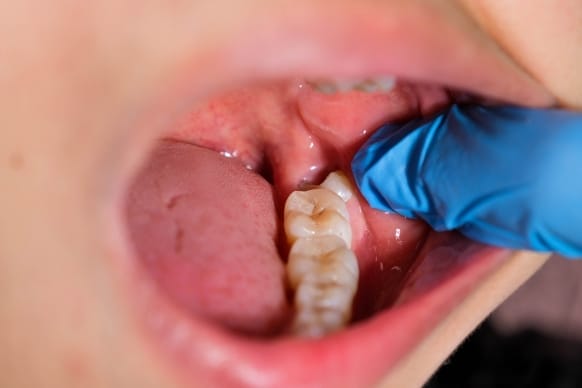
How long is the recovery after wisdom tooth surgery?
05 Jun, 2025 -
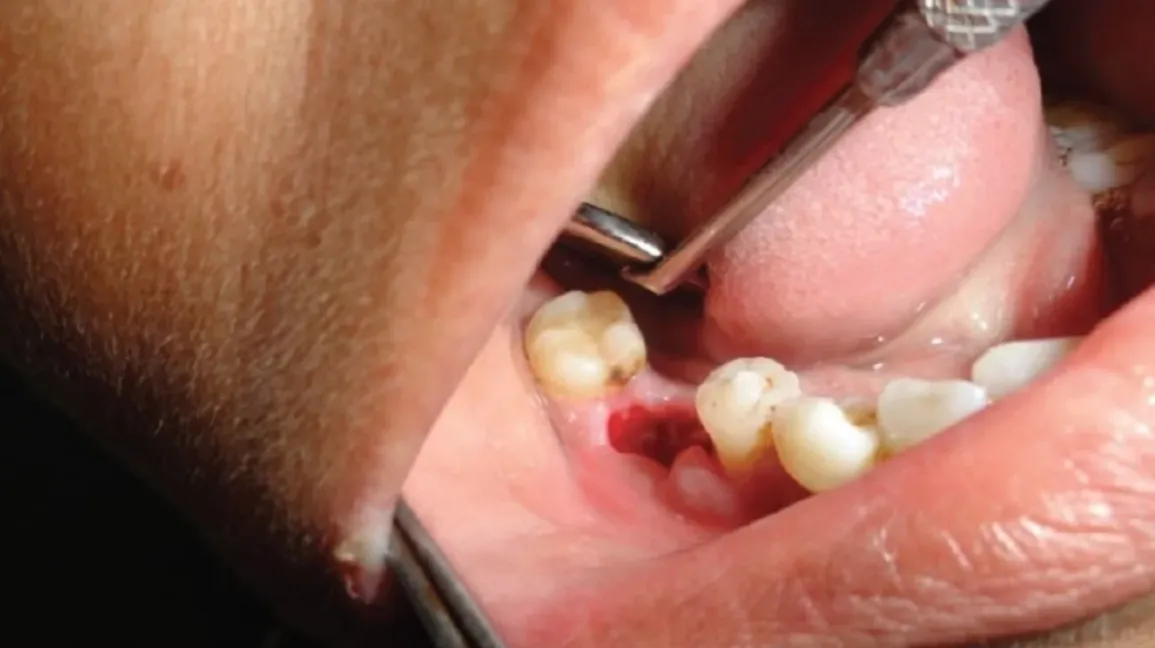
What is dry socket, and how can I avoid it?
05 Jun, 2025 -

Is jaw surgery only for cosmetic reasons?
05 Jun, 2025 -
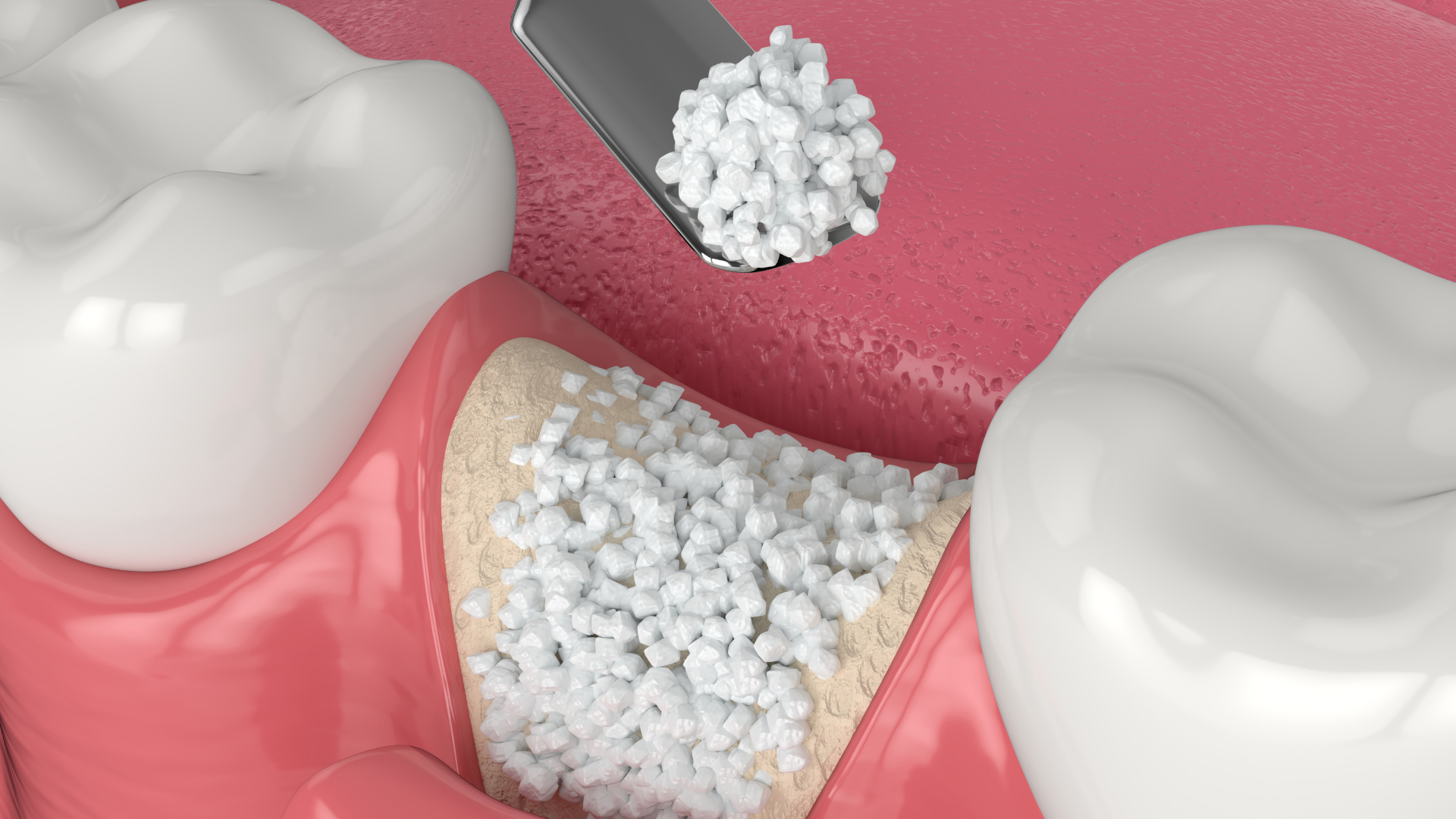
What is bone grafting in dentistry?
05 Jun, 2025 -

How painful is oral surgery?
05 Jun, 2025 -

Can I work the day after oral surgery?
05 Jun, 2025 -
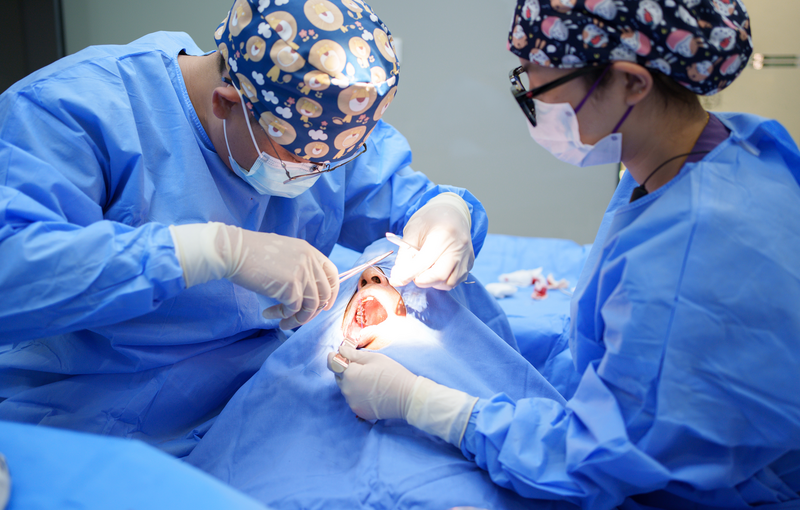
Is oral surgery safe?
05 Jun, 2025 -

At what age should my child see an orthodontist?
05 Jun, 2025 -
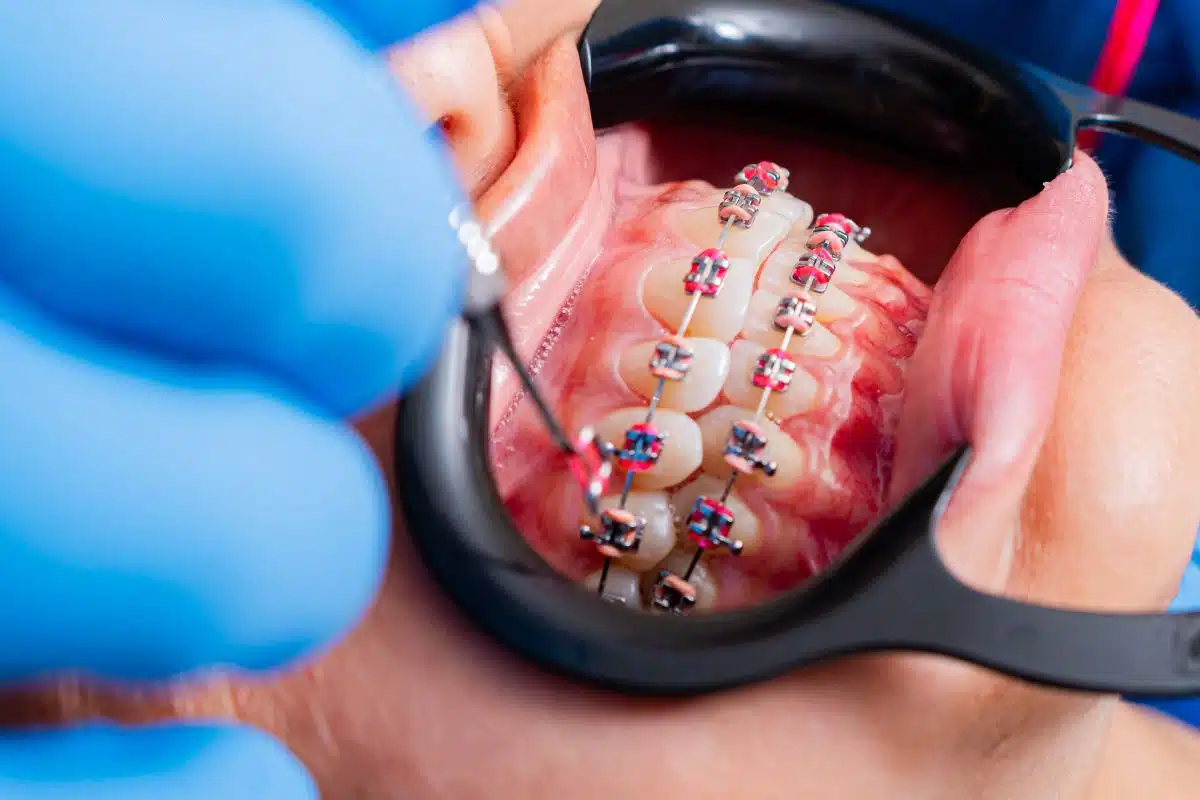
Do braces hurt?
05 Jun, 2025 -

How long does orthodontic treatment usually take?
05 Jun, 2025 -

-

Can adults get braces too?
05 Jun, 2025 -
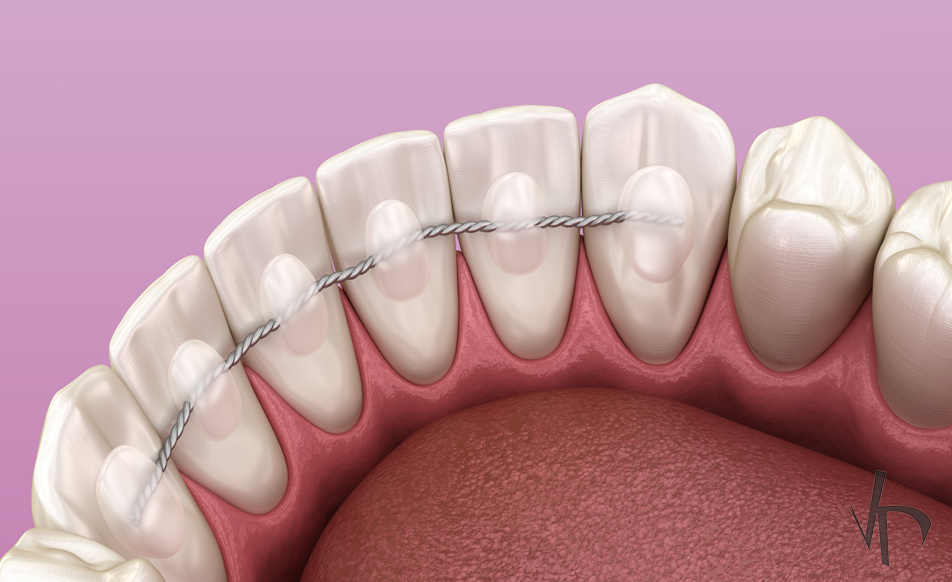
Will I need to wear a retainer after braces?
05 Jun, 2025 -
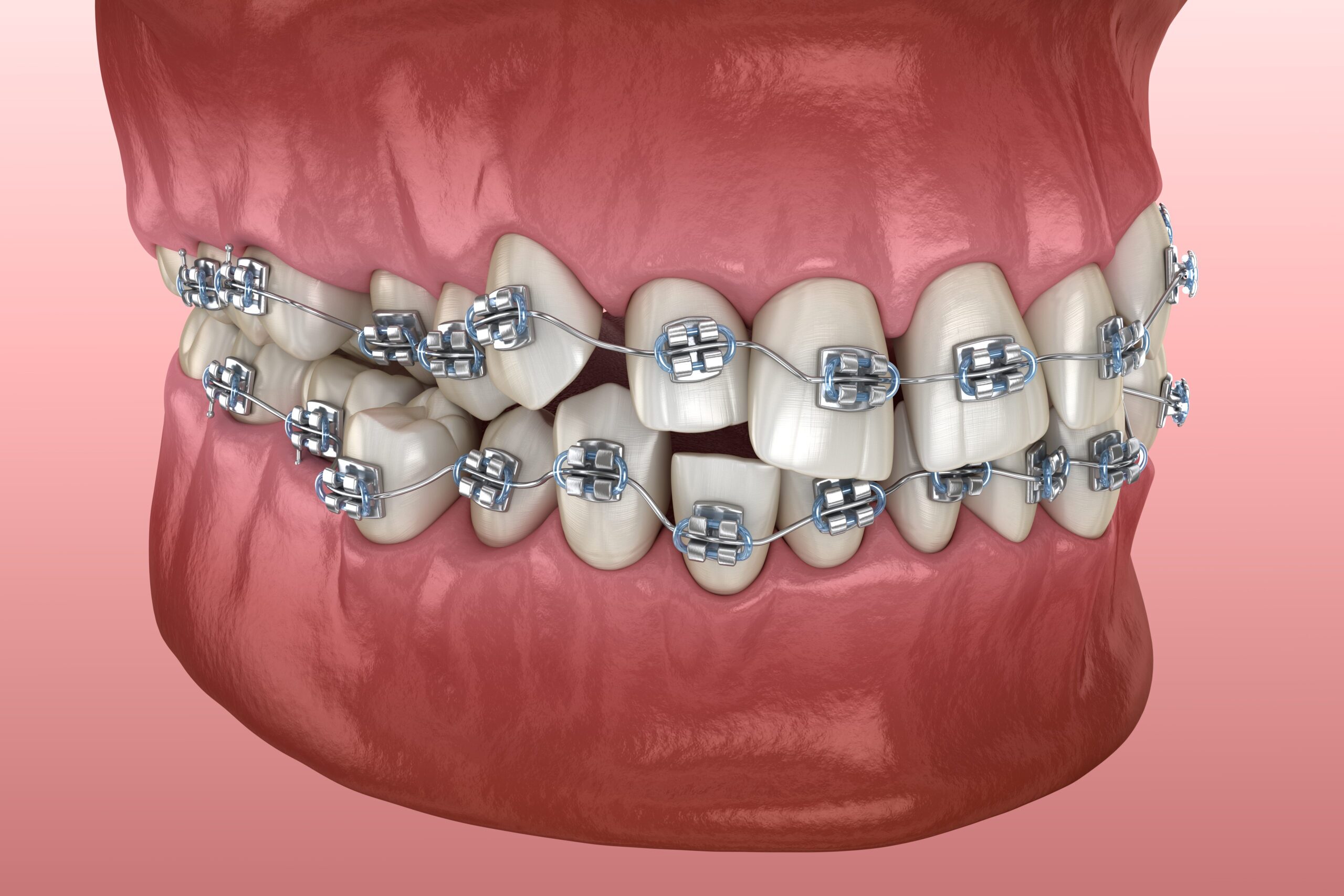
Can orthodontics fix jaw alignment problems?
05 Jun, 2025 -
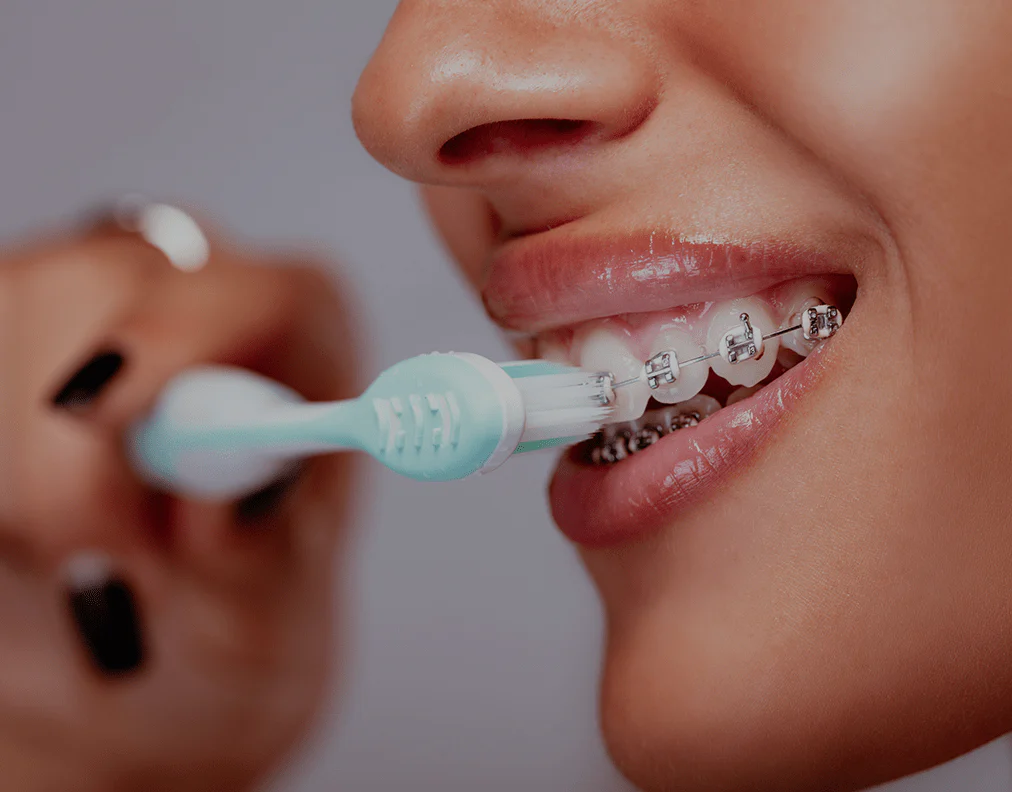
How do I clean my teeth with braces?
05 Jun, 2025 -

Are there risks to orthodontic treatment?
05 Jun, 2025 -

Where is Balkan Dental Polyclinic located?
05 Jun, 2025 -

-

Do you offer travel or accommodation assistance?
05 Jun, 2025 -
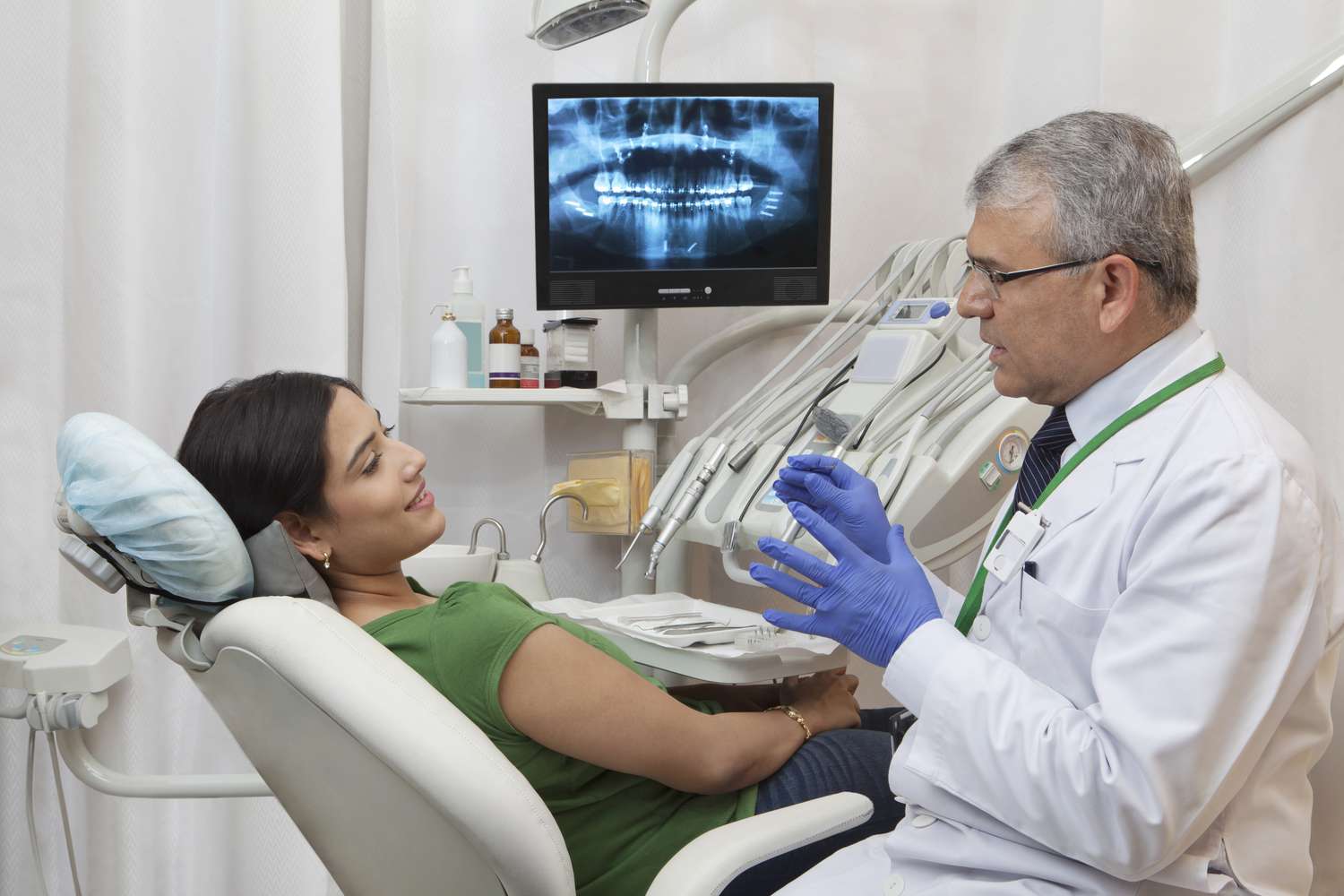
Is English spoken at your clinic?
05 Jun, 2025 -
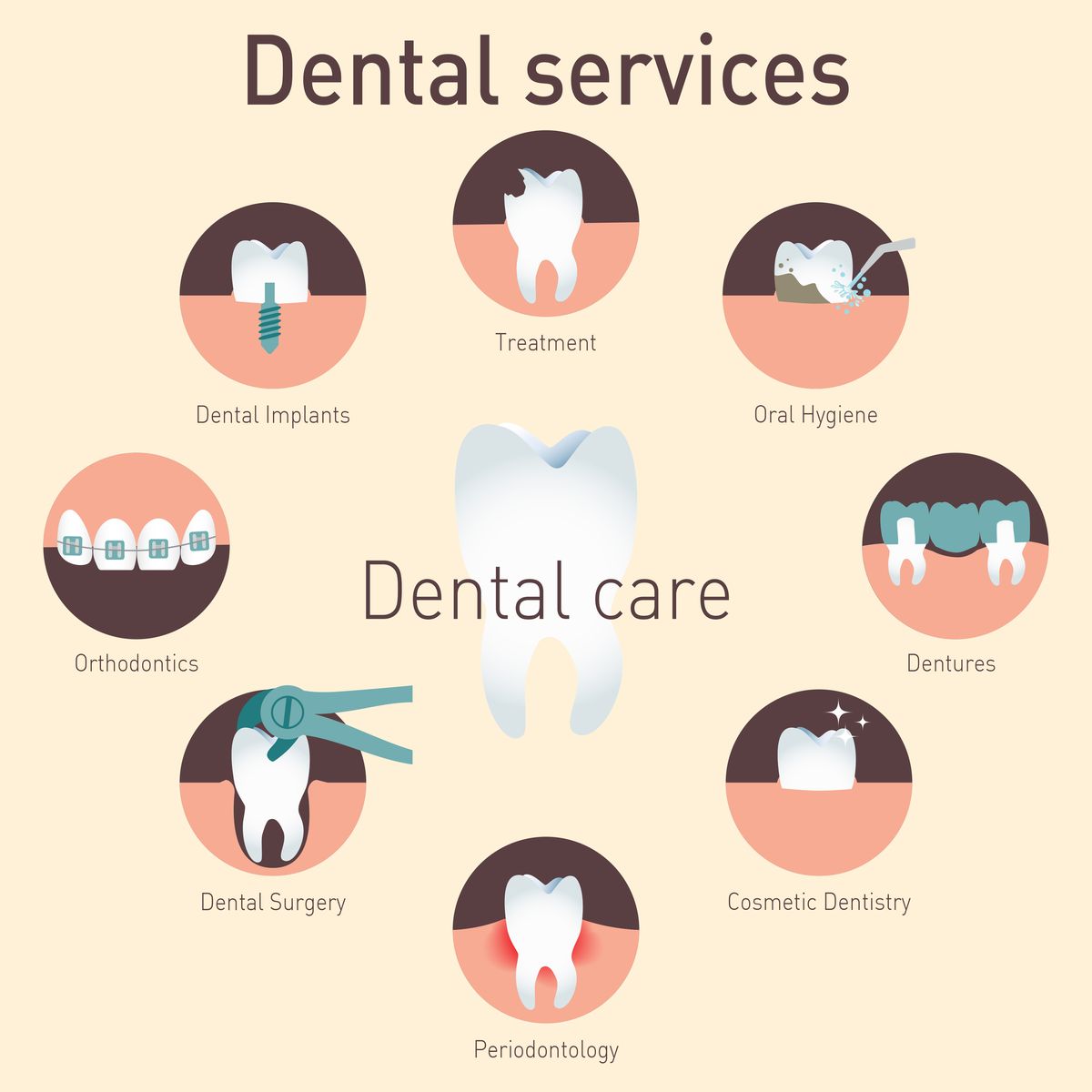
-

-
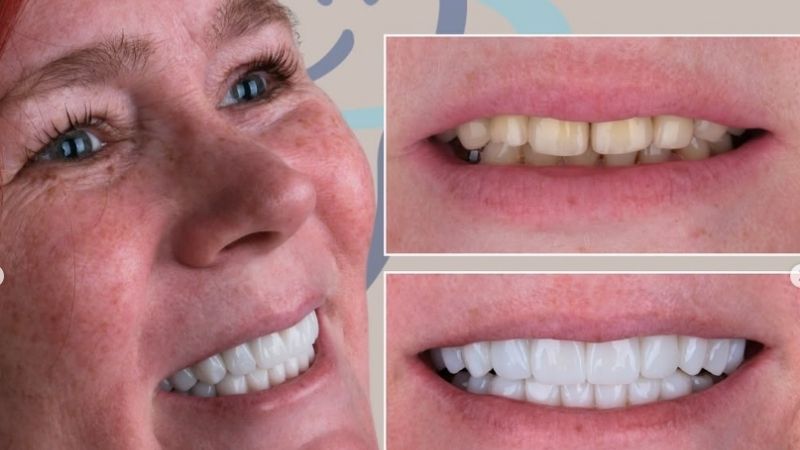
Can I get veneers in just one trip?
05 Jun, 2025 -

What if I need follow-up care after returning home?
05 Jun, 2025 -
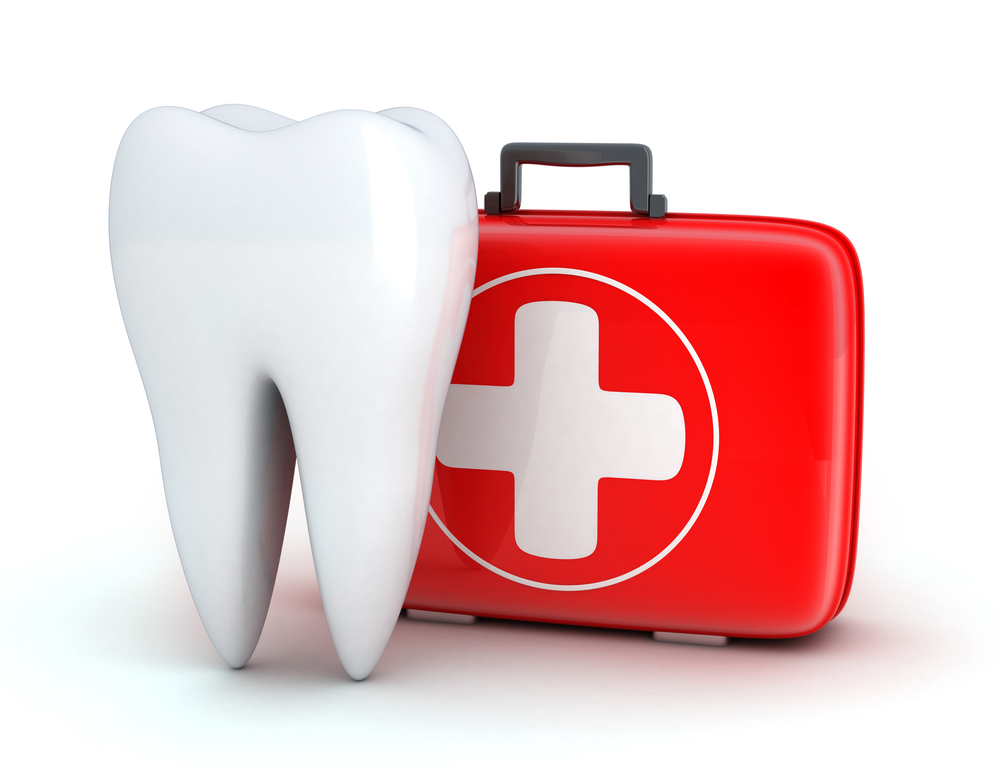
-

-
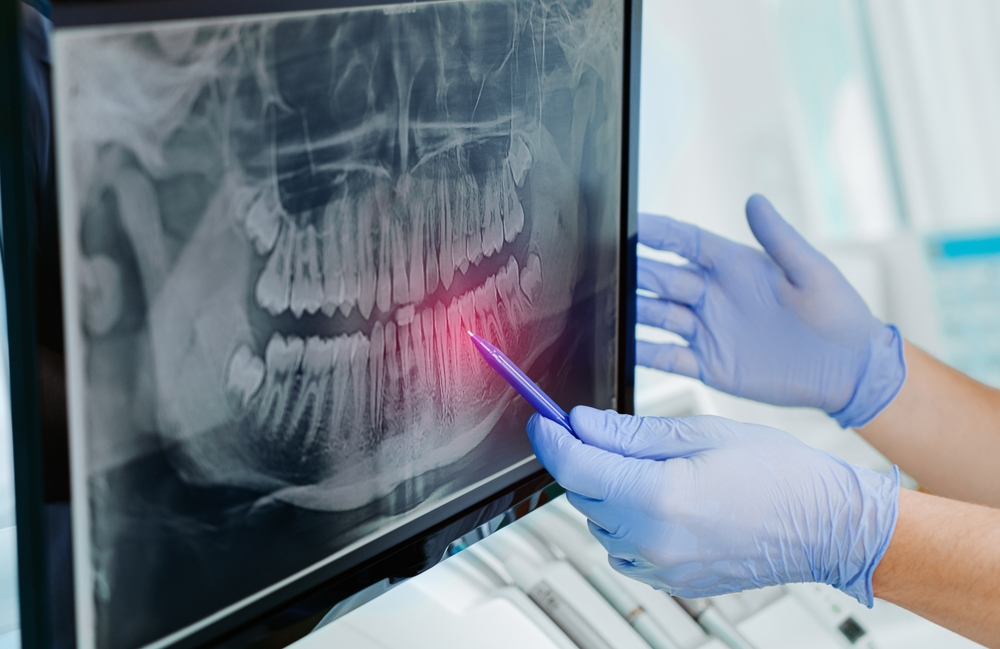
How can I get a treatment plan before traveling?
05 Jun, 2025 -

What payment options are available?
05 Jun, 2025 -

-

Is dental care in North Macedonia safe and hygienic?
05 Jun, 2025 -

Are your dentists internationally trained?
05 Jun, 2025 -

-

Do you offer written warranties for treatments?
05 Jun, 2025 -
